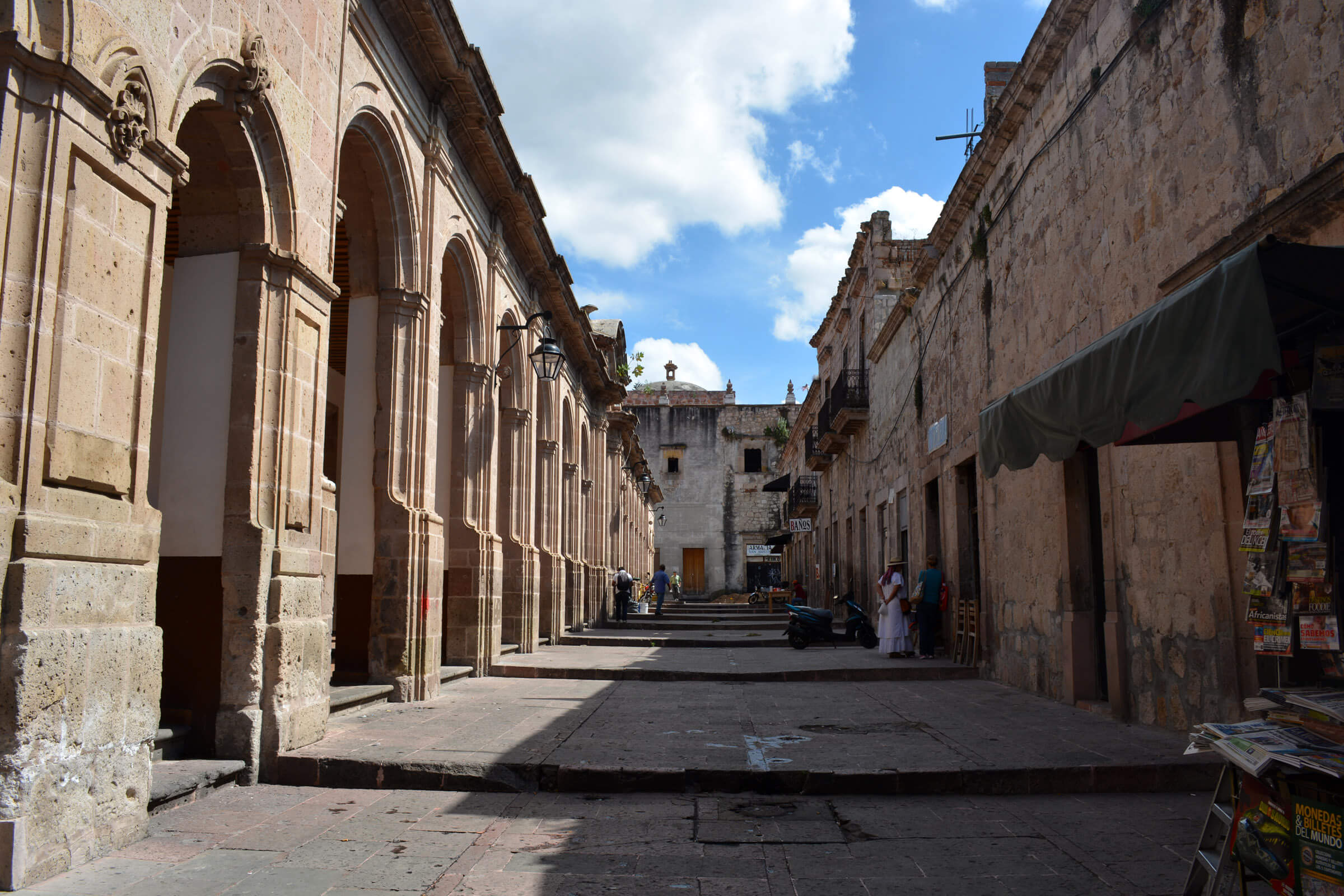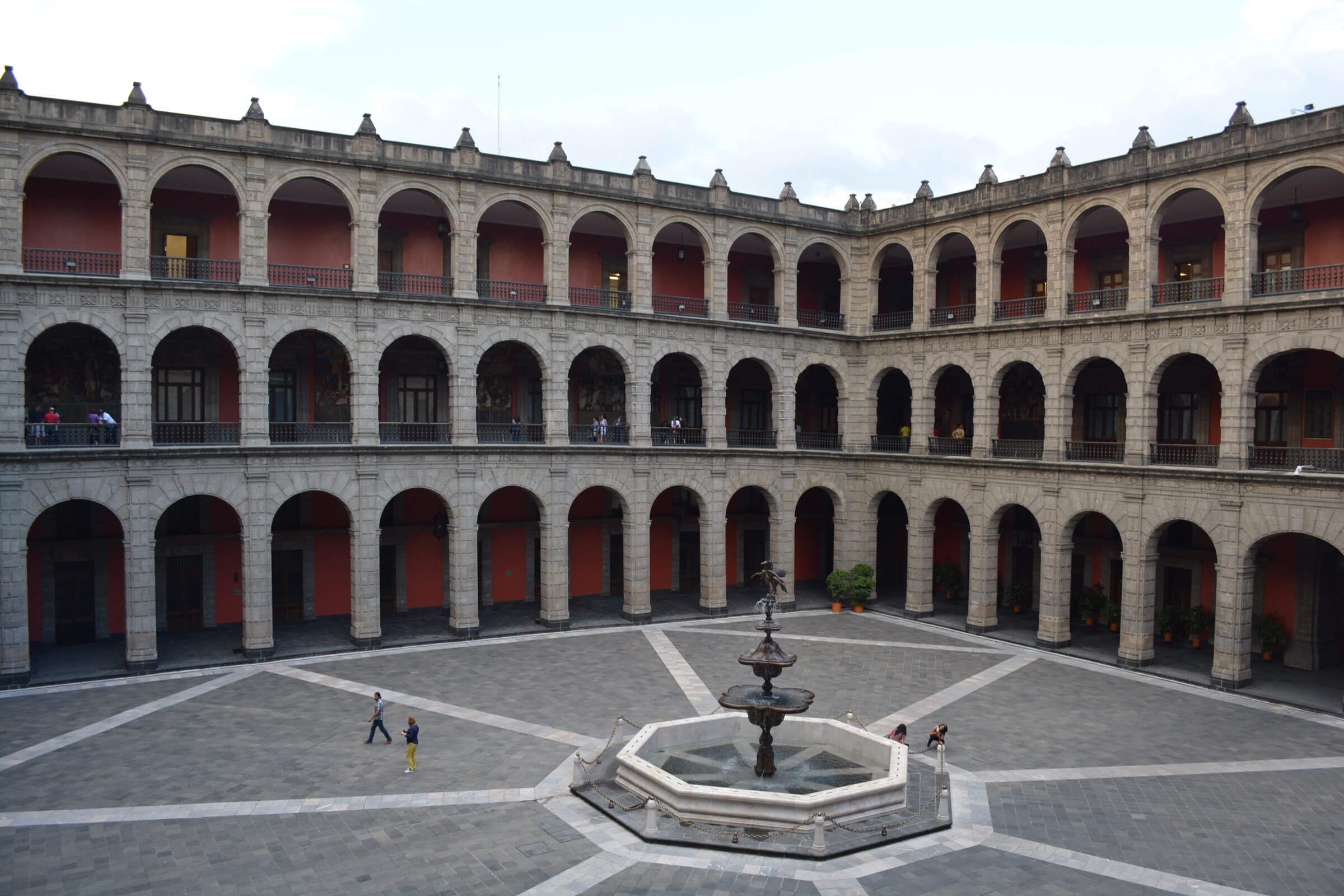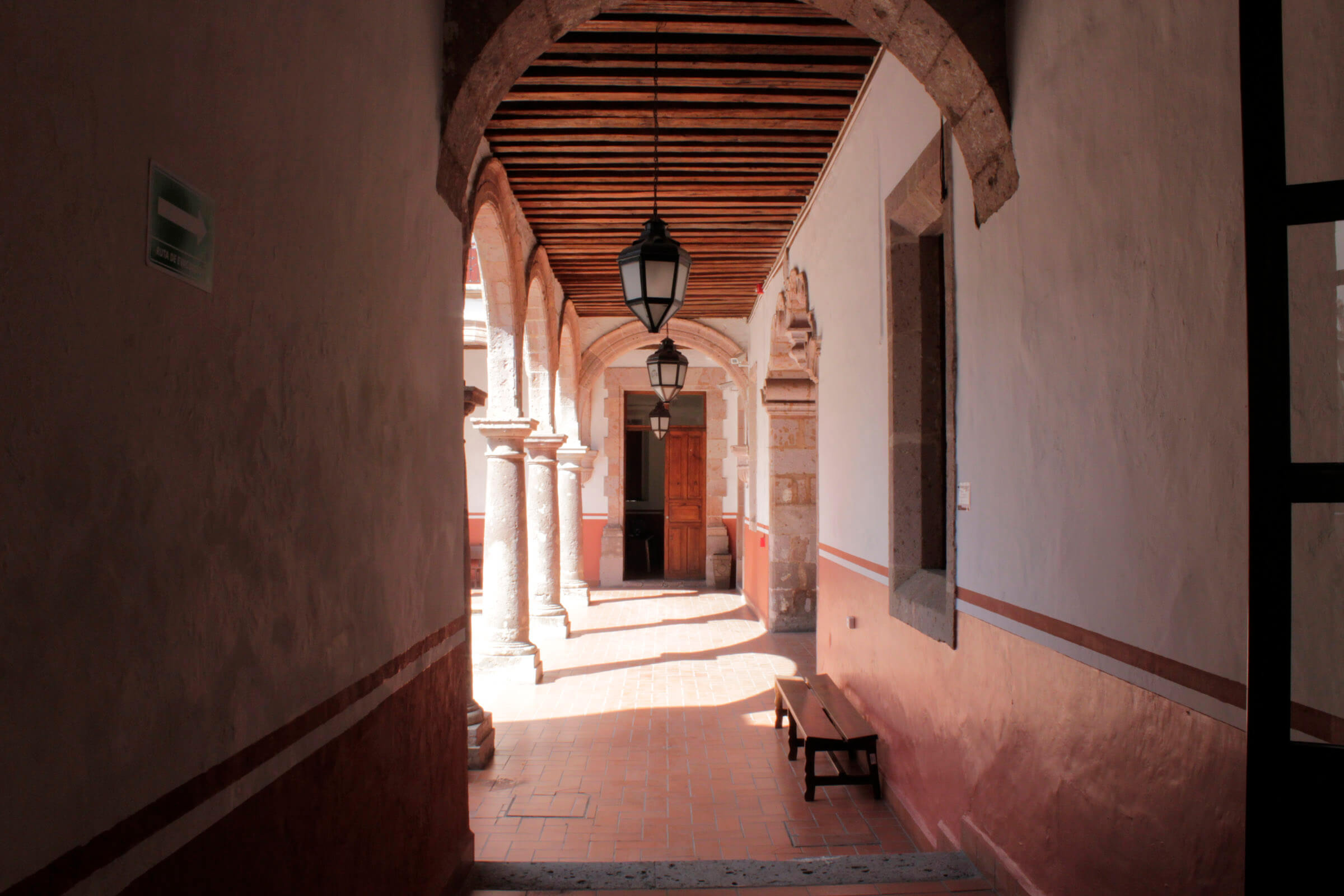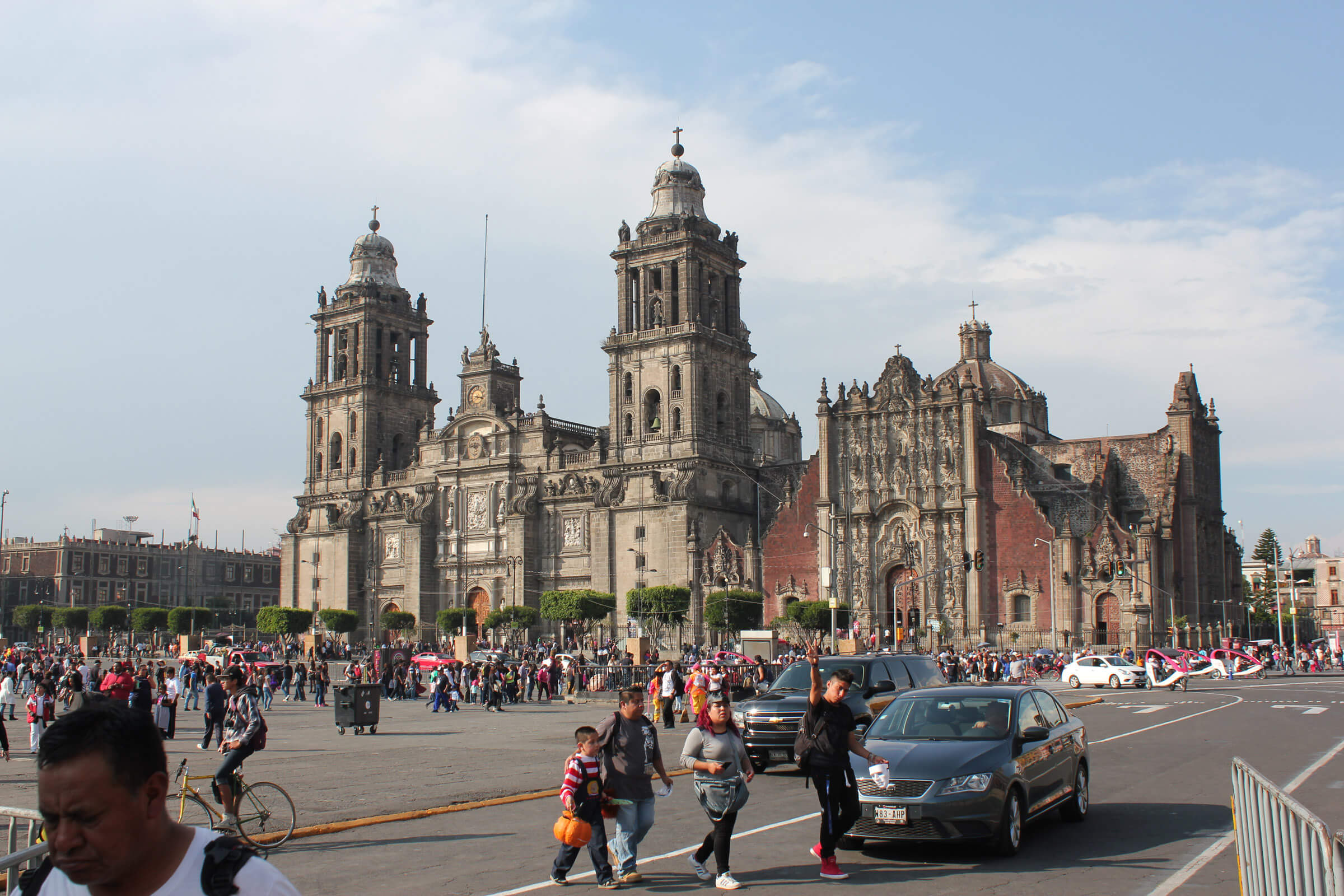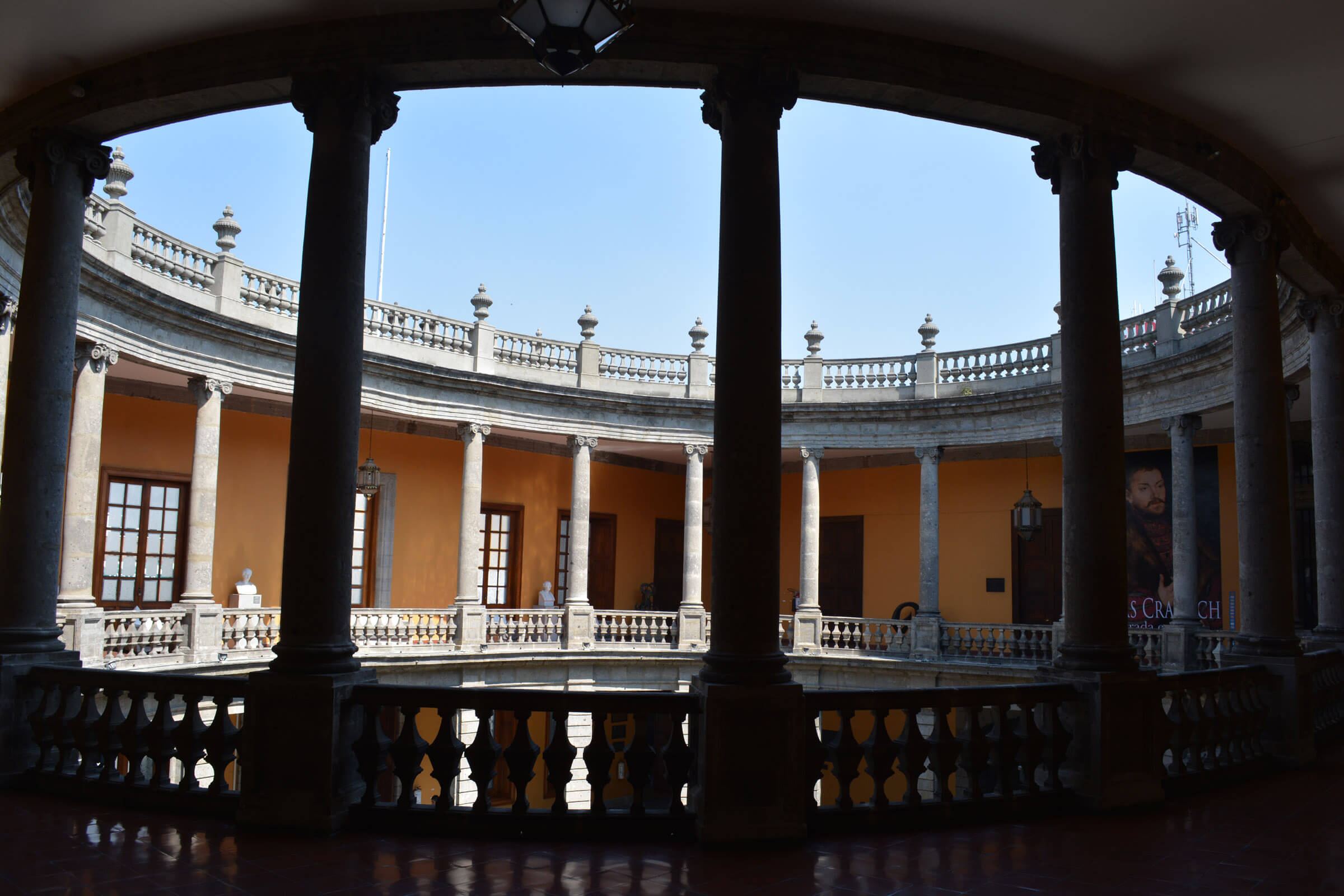RAMSA Prize
2025 RAMSA Prize
Launched in 2016, the RAMSA Prize is a $7,000 grant awarded annually to RAMSA staff to fund a two-week-long travel and research project exploring a location’s sense of place. The prize encourages staff to conduct targeted, in-depth research into a city, town, or place in a way that can meaningfully inform design work. It also fosters collaboration with peers and supports the development of personal architectural interests, aligning with the firm’s research-based design principles. Previous recipients have traveled to Argentina, Brazil, India, Japan, Mexico, the Netherlands, Portugal, and throughout the United States and the Caribbean. Their studies have covered a wide range of topics from social housing in Amsterdam to Art Deco architecture in Buenos Aires.
Congratulations to 2024 RAMSA Prize recipients, Regine Swanson and Joyce Zhou! Regine and Joyce traveled to Ho Chi Minh City and Dalat in Vietnam to study neoclassical architecture influenced by French colonial rule. Their research documents how traditional Vietnamese design elements were preserved, modified, or integrated into these colonial buildings, highlighting the blend of French and Vietnamese architectural styles. Learn more about their research here, “2024 RAMSA Prize Recipients Study Neoclassical Architecture in Vietnam.”
The prize is administered by RAMSA Research. Email prize@ramsa.com with any questions.
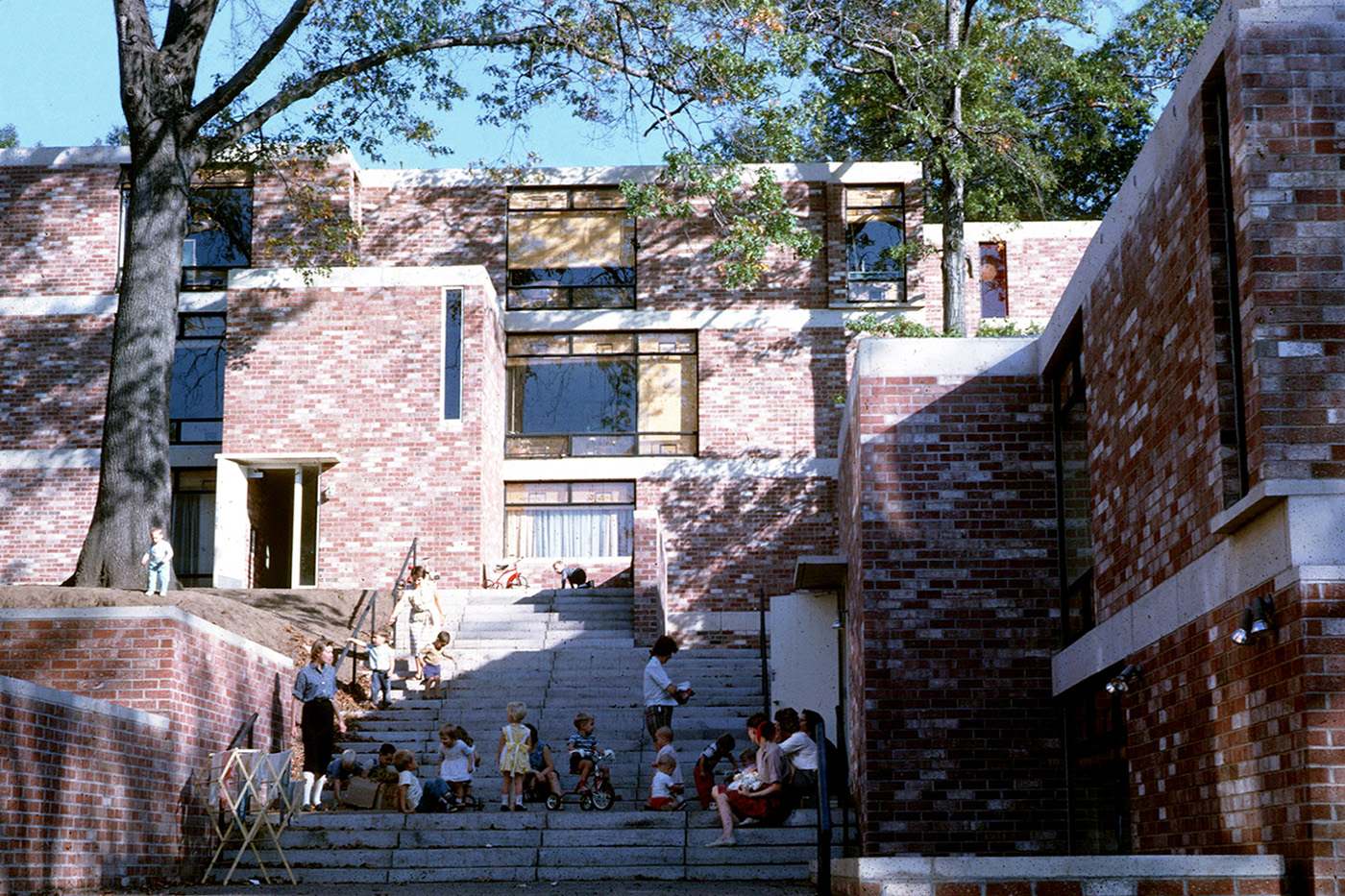
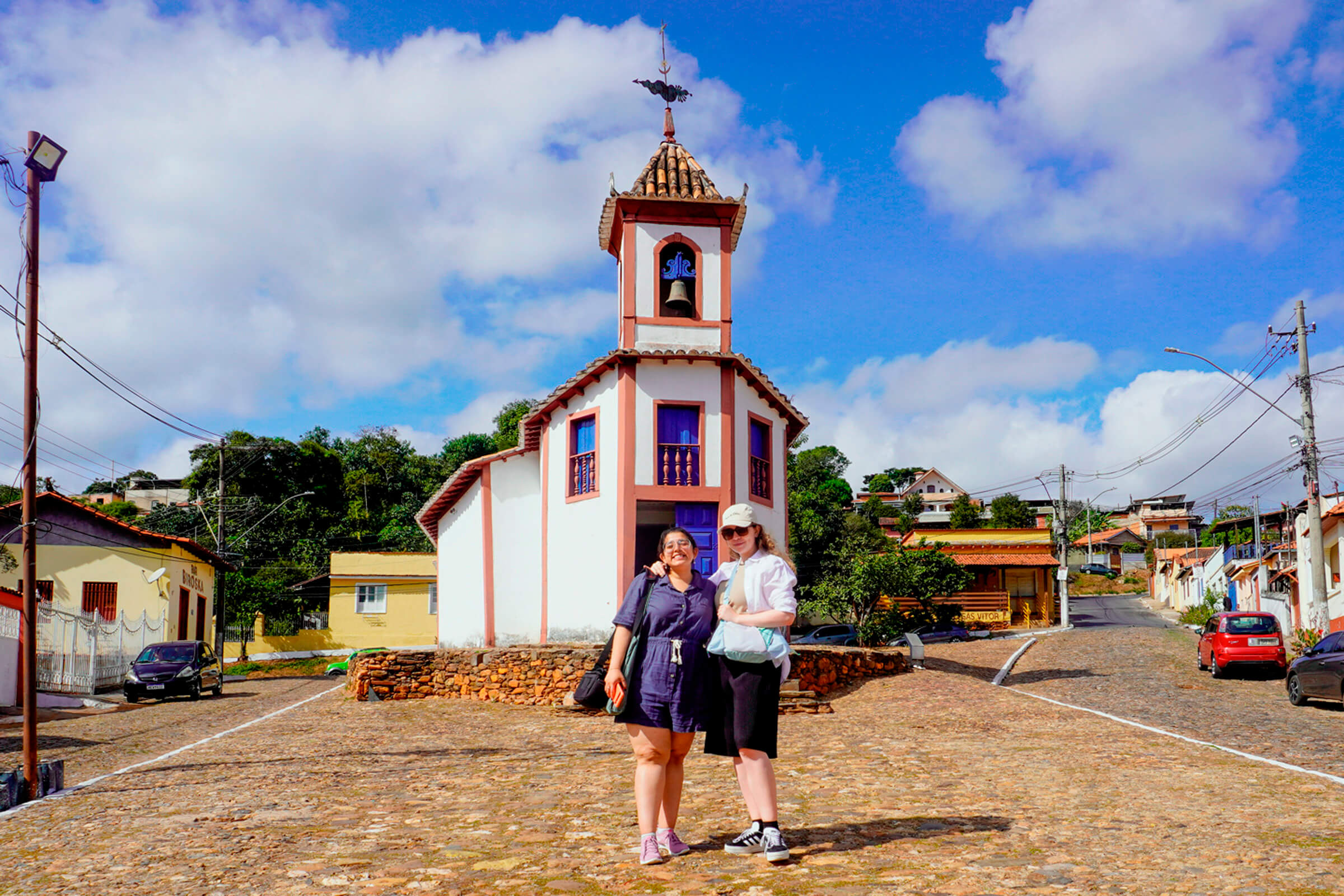
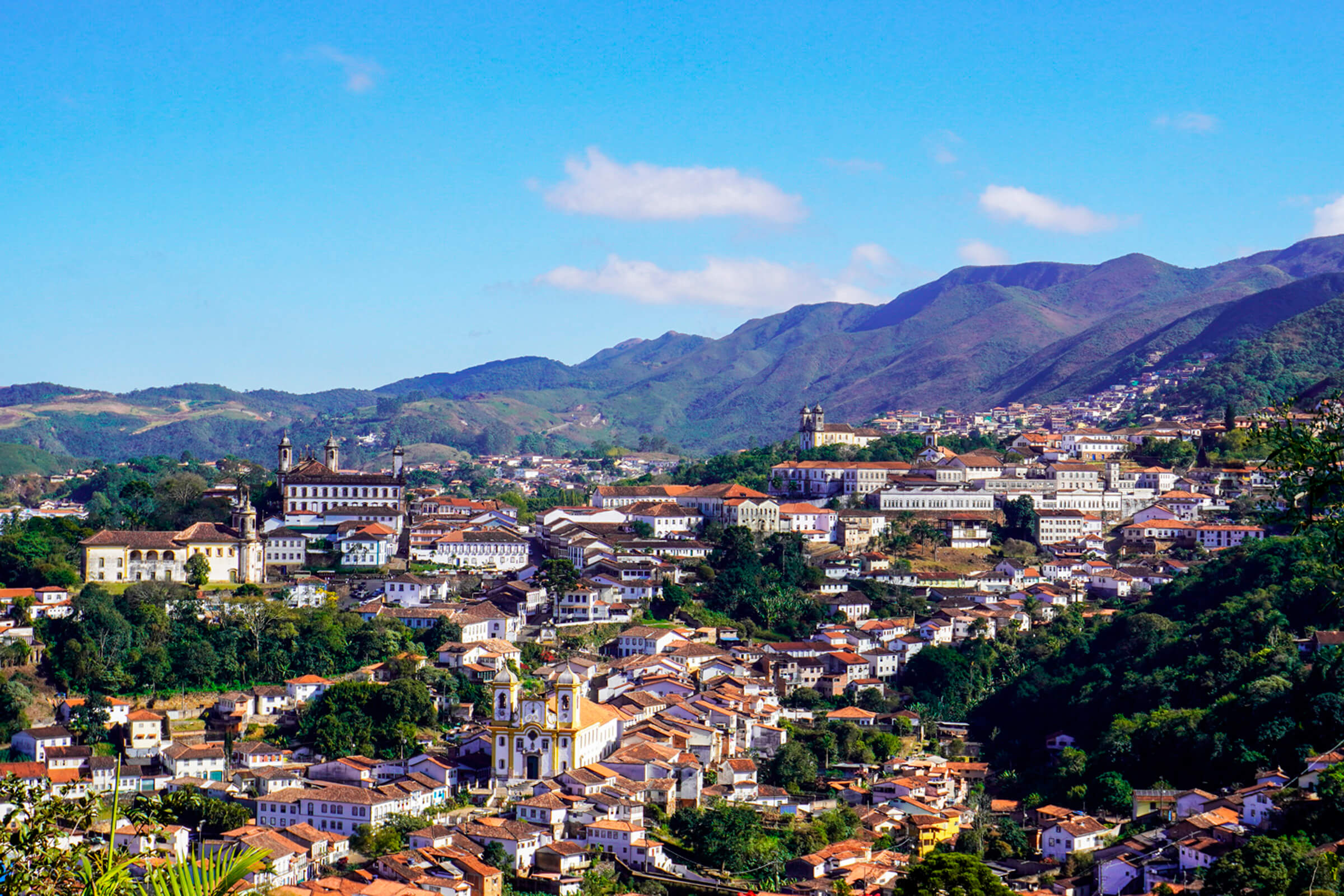
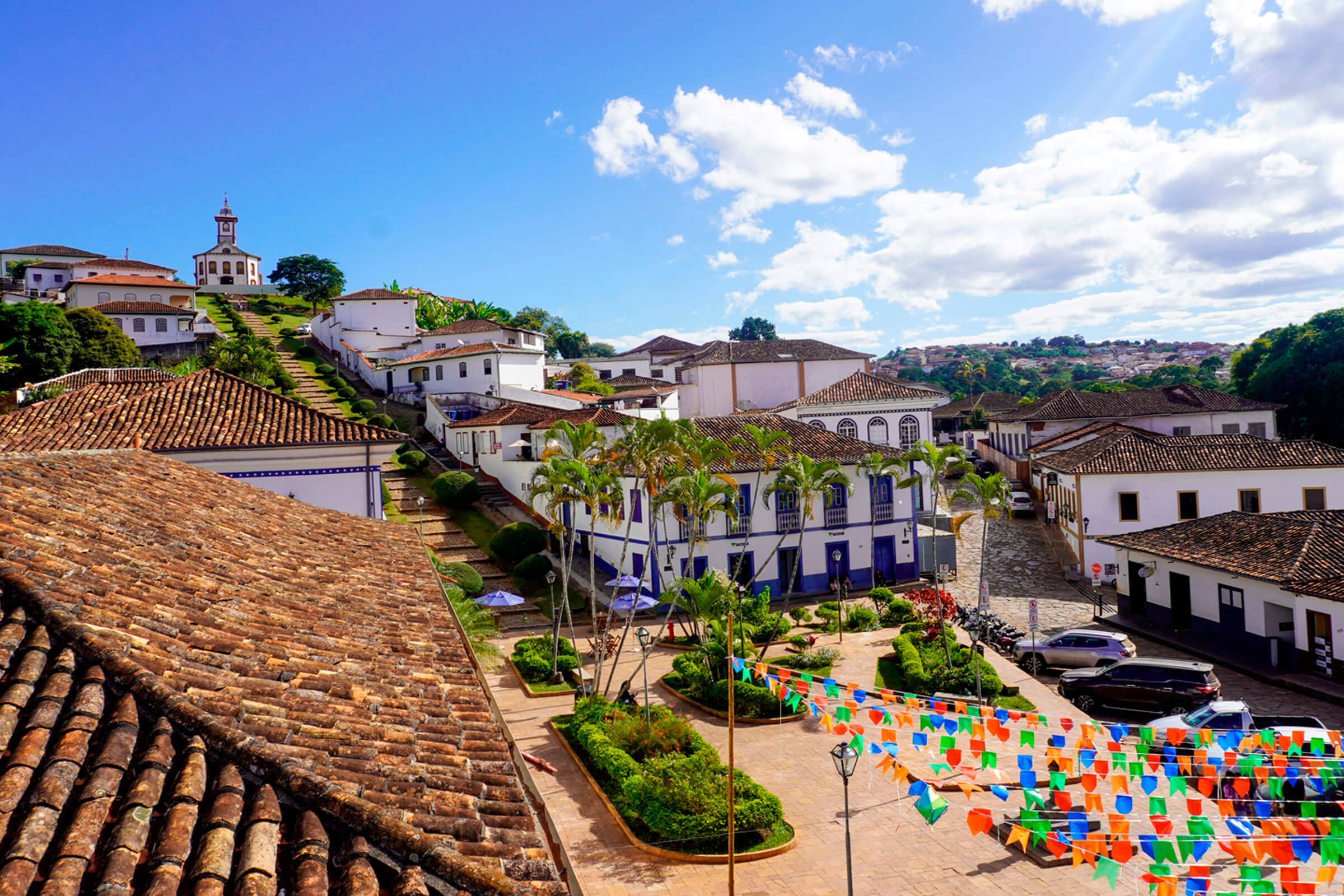
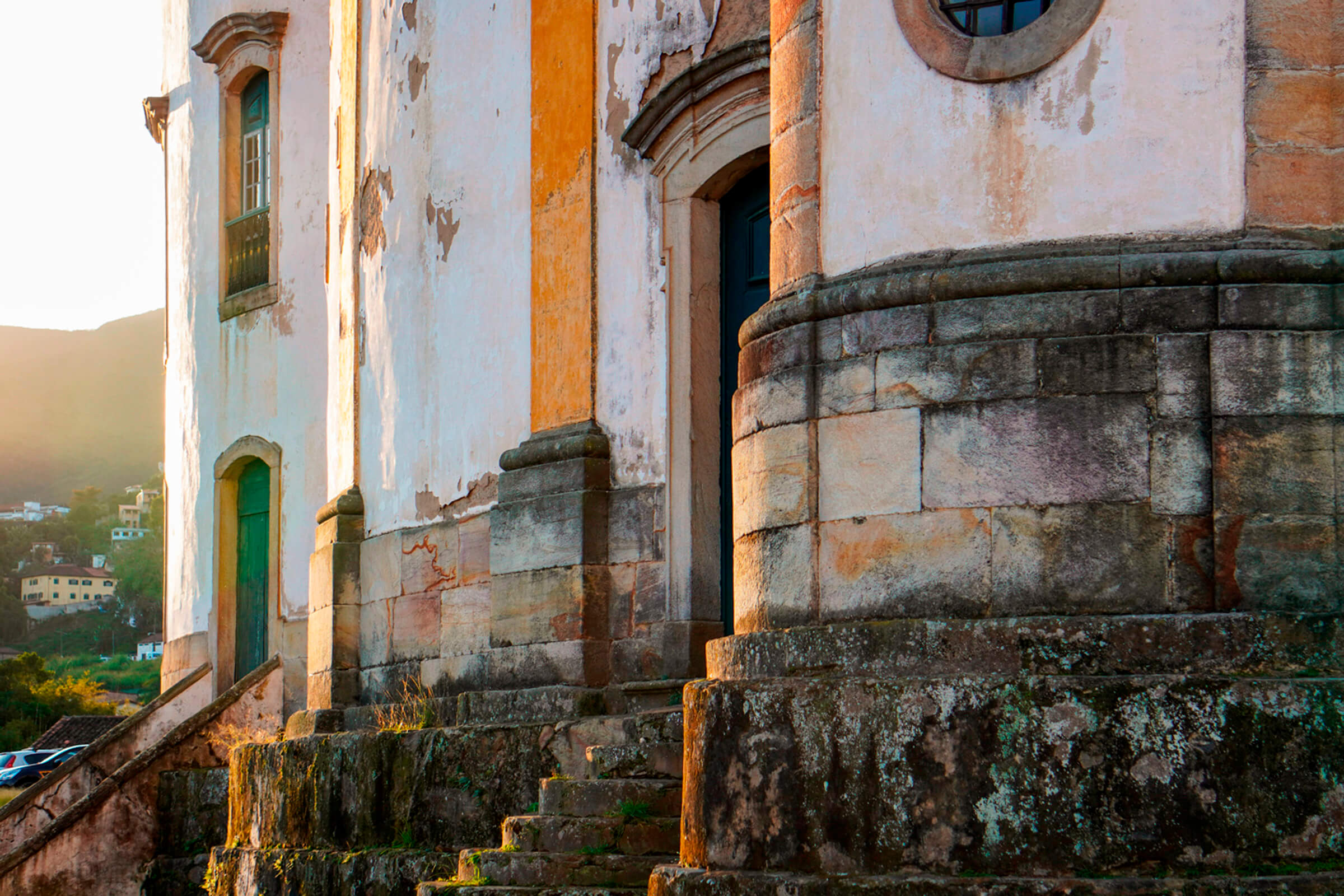
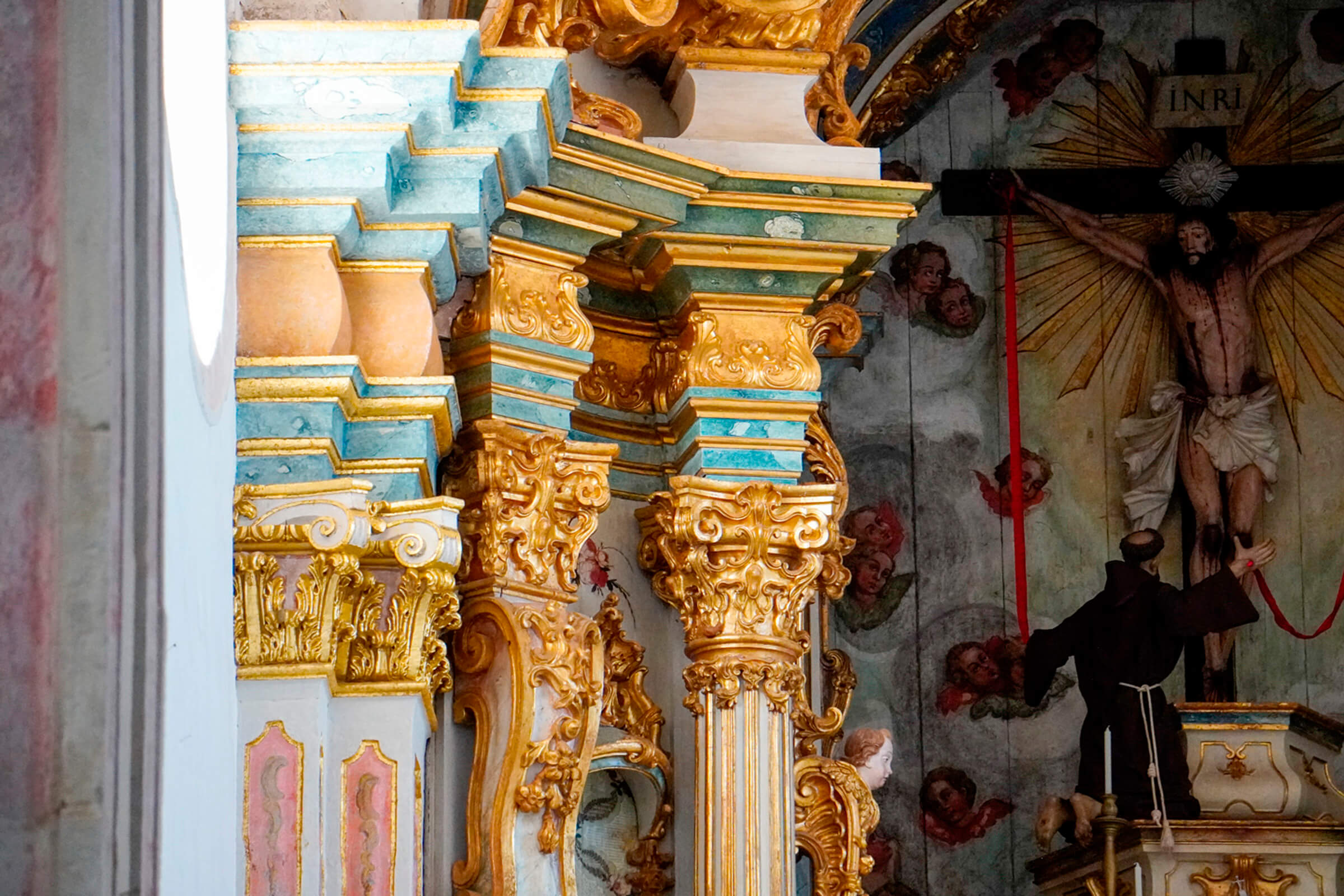
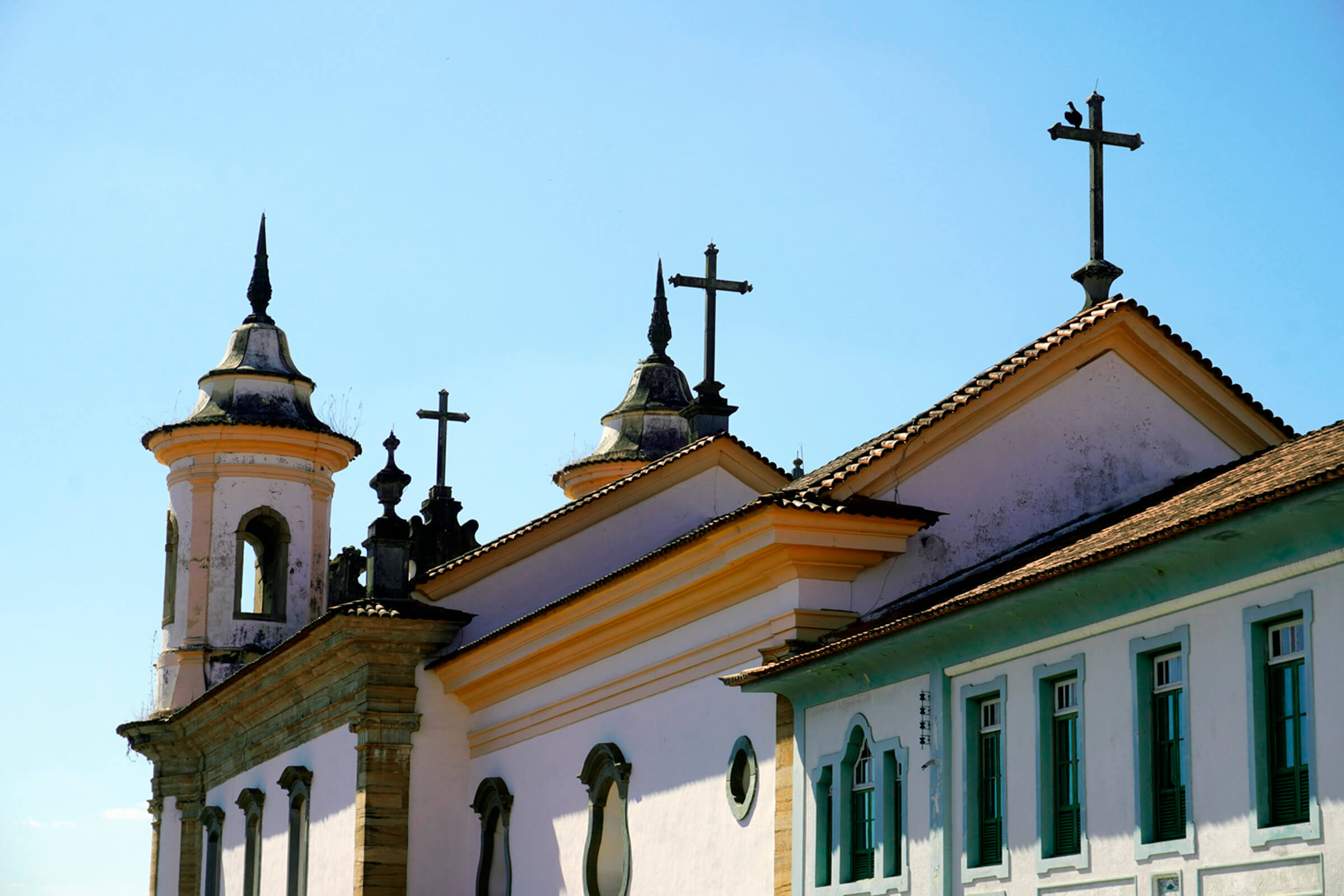
2023 Prize Recipients – Rabei Javaid Bhatti and Karolina Piorko
Baroque, The Soul of Brazil: Exploring Barroco Mineiro Along the Estrada Real
Rabei Javaid Bhatti and Karolina Piorko traveled to Brazil to study eighteenth-century Barroco Mineiro architecture. Their research included an analysis of civic and religious buildings in several towns located along the Estrada Real in the southeastern region of the country. Through the use of photography and vibrant watercolor, they will create a catalogue of Brazil's distinct Baroque architecture.
2022 Prize Recipients – Avani Agarwal and Daniela Déu
Bairros Unbounded: Multiscalar Duality in Lisbon’s Urban and Architectural Forms
Avani Agarwal and Daniela Déu traveled to Portugal to study the architectural styles and urban settings of five neighborhoods in Lisbon. Their research included an analysis of the relationships between public and private spaces, street hierarchy, massing techniques, fenestration details, and materiality.
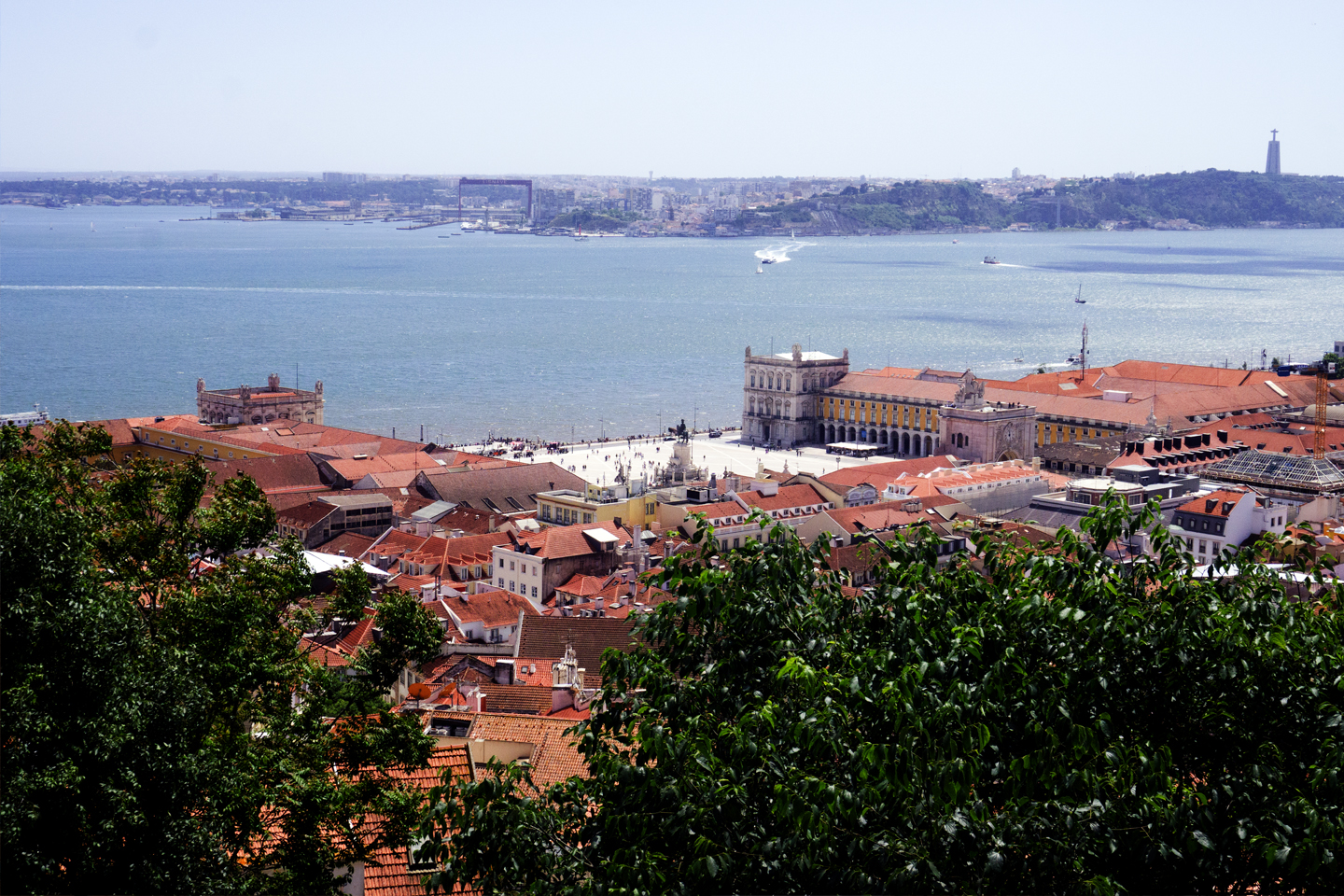
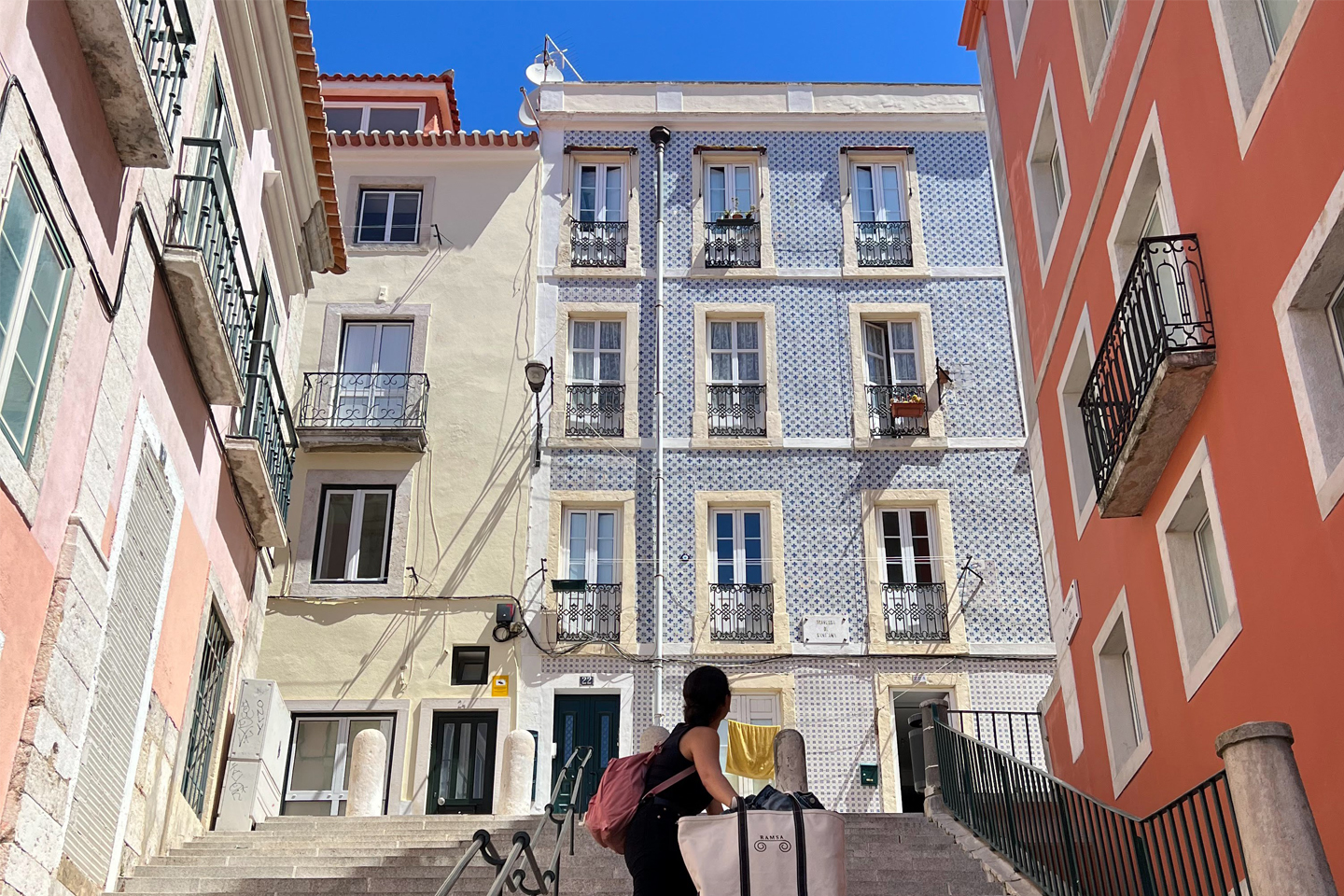
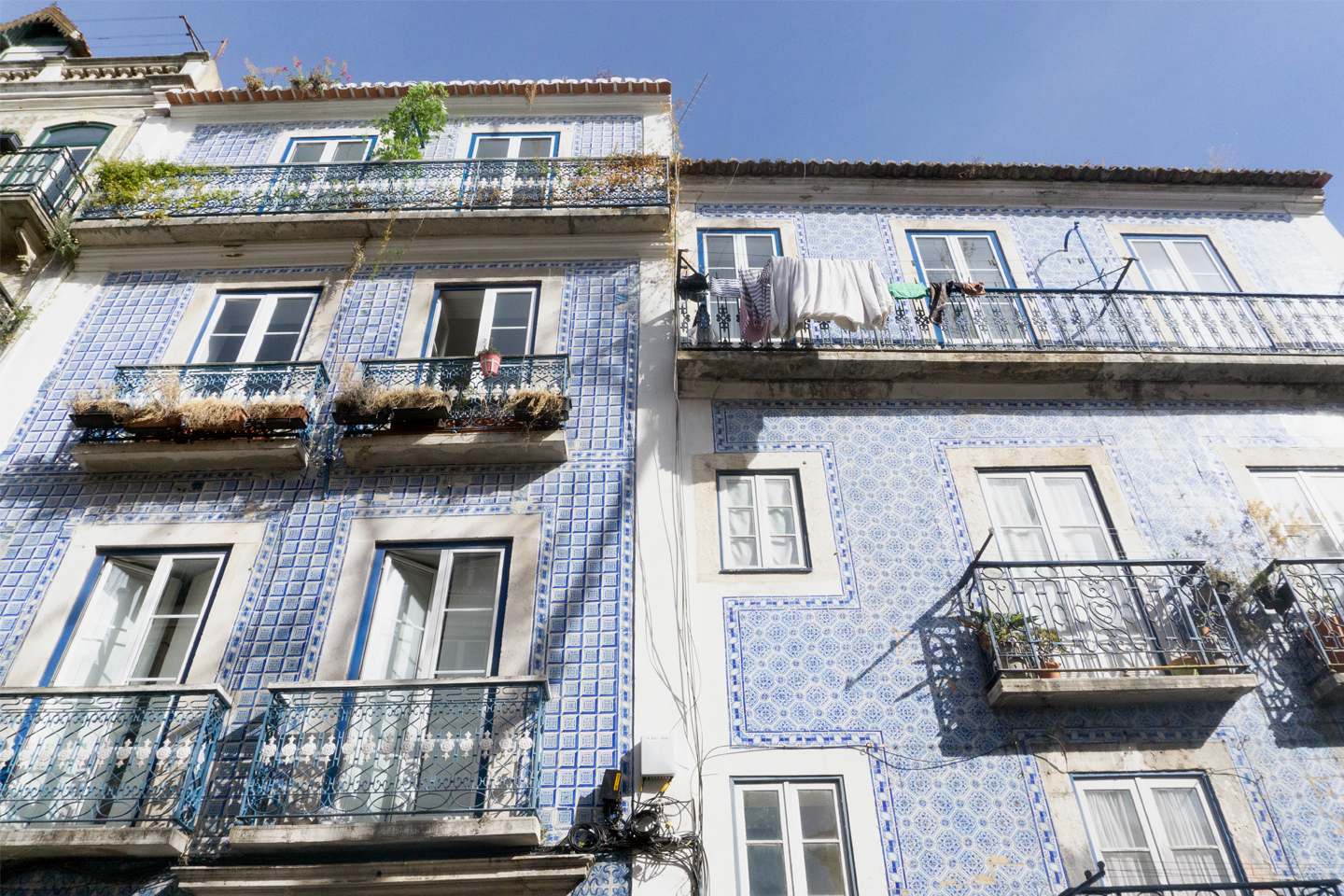
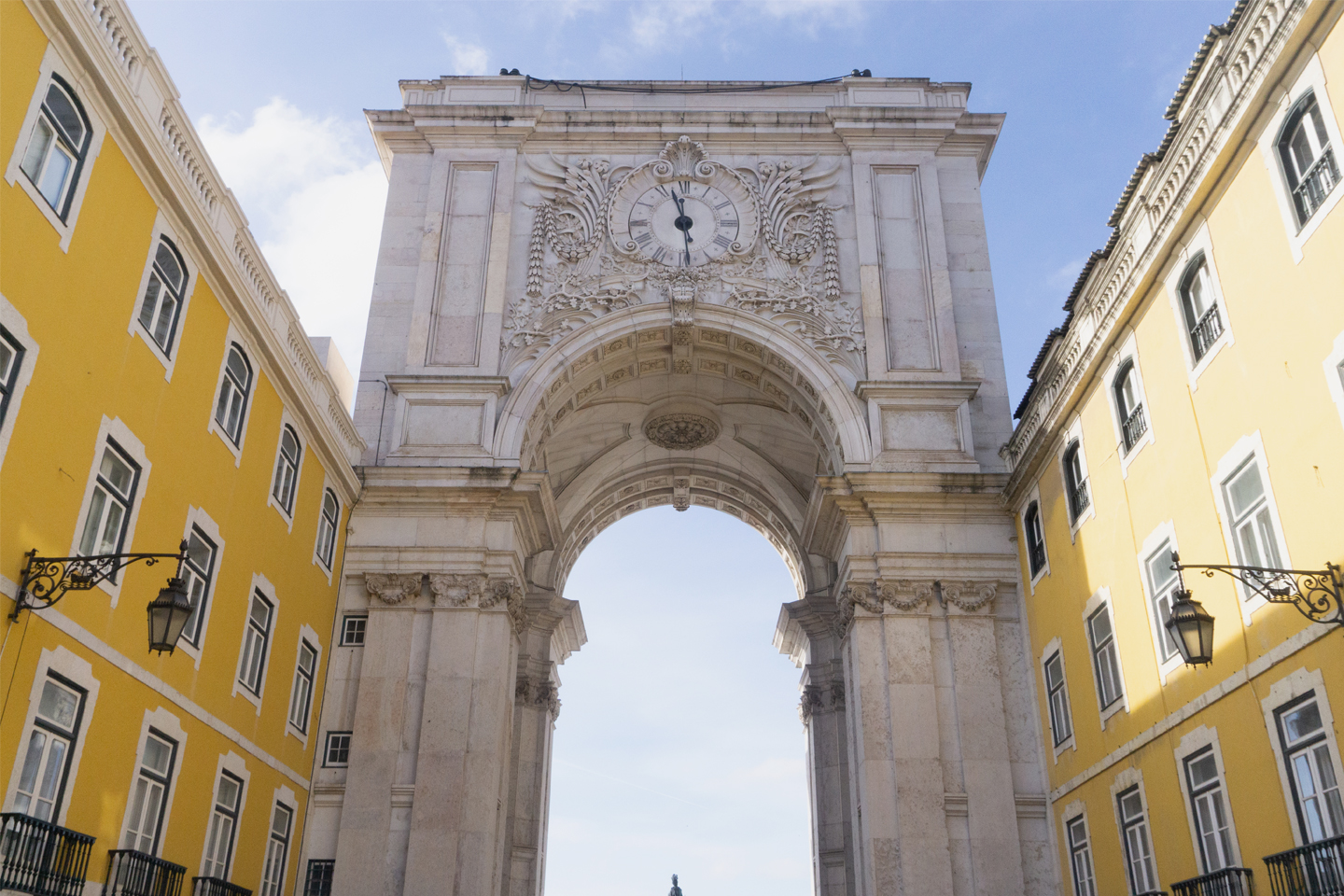
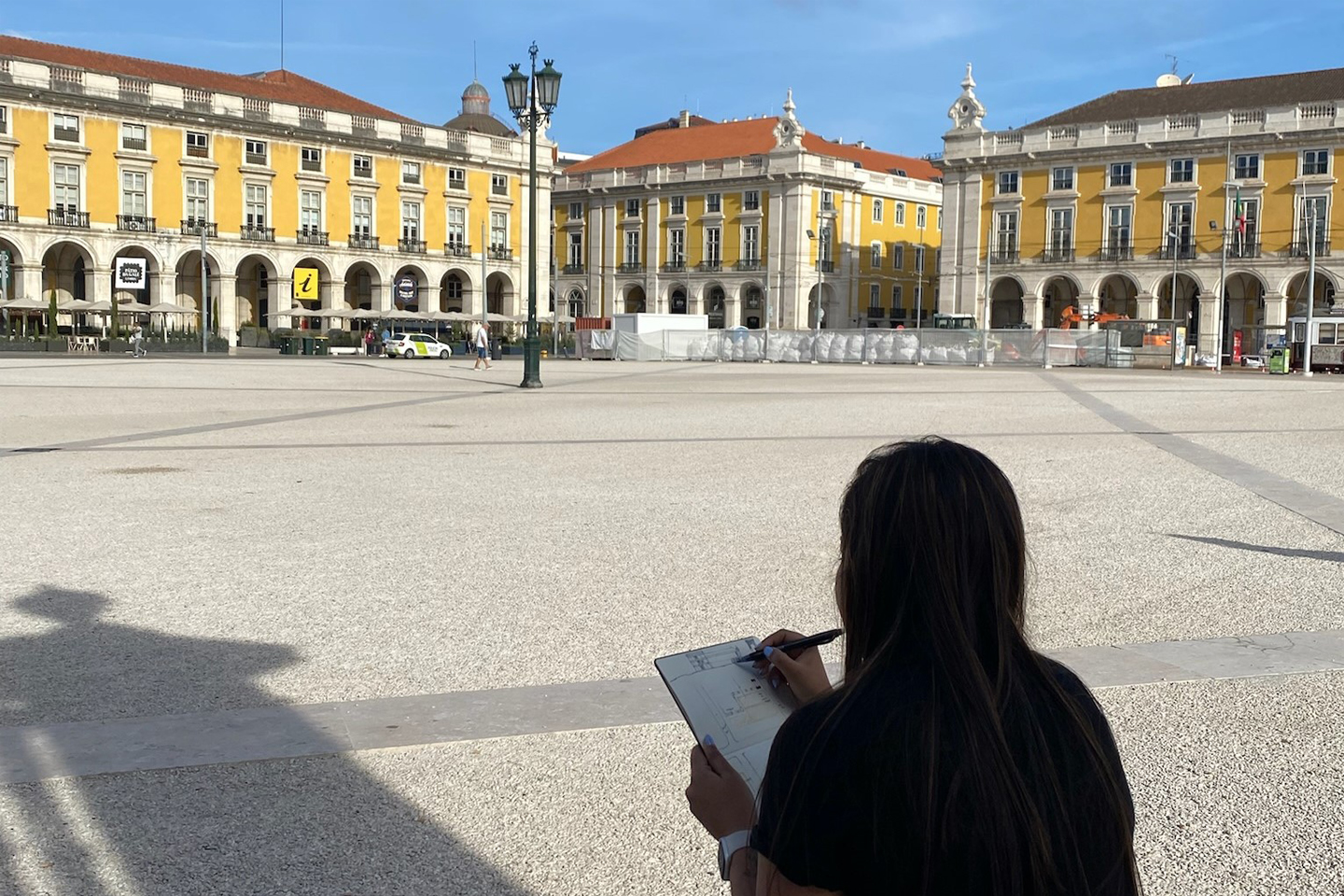
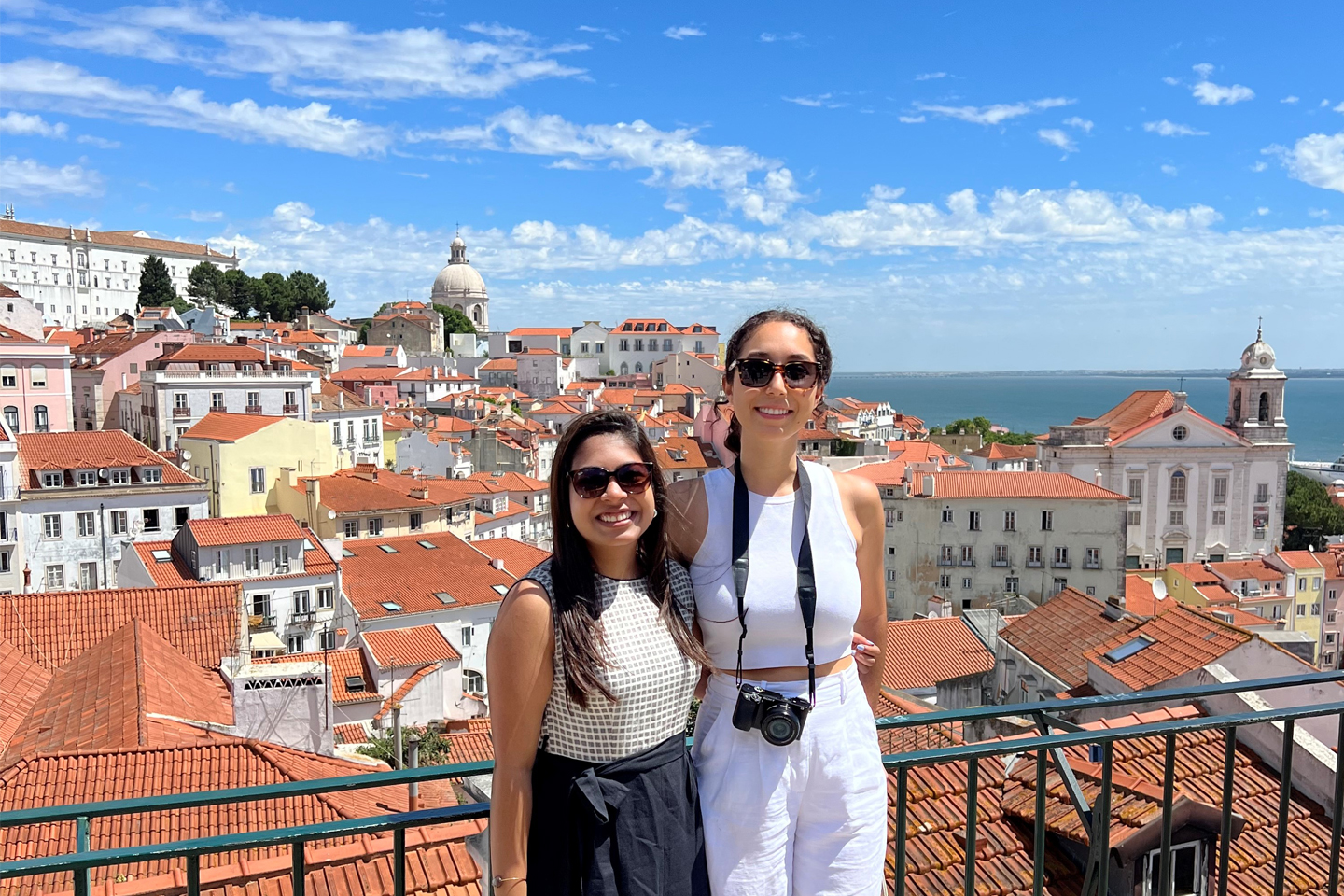

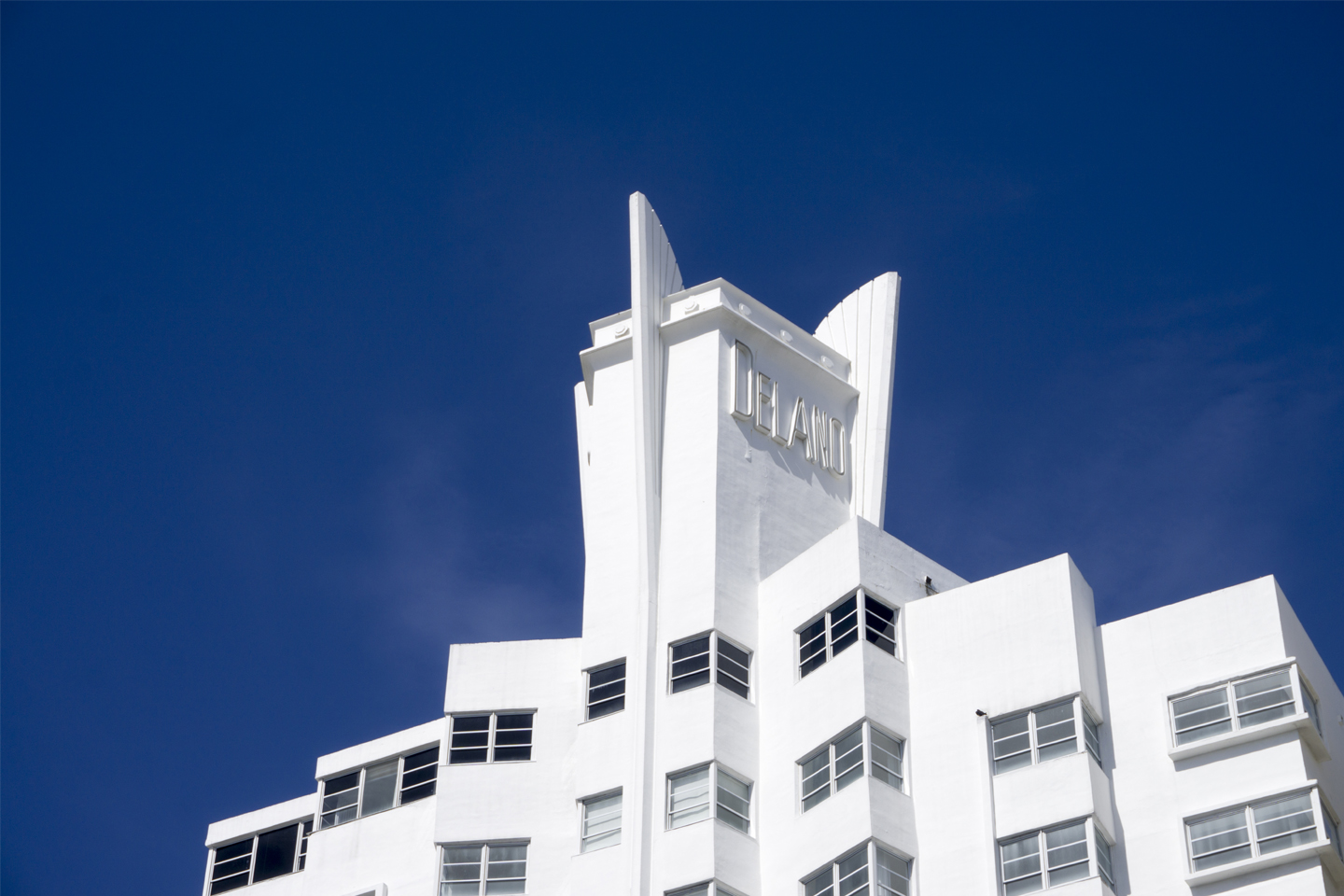

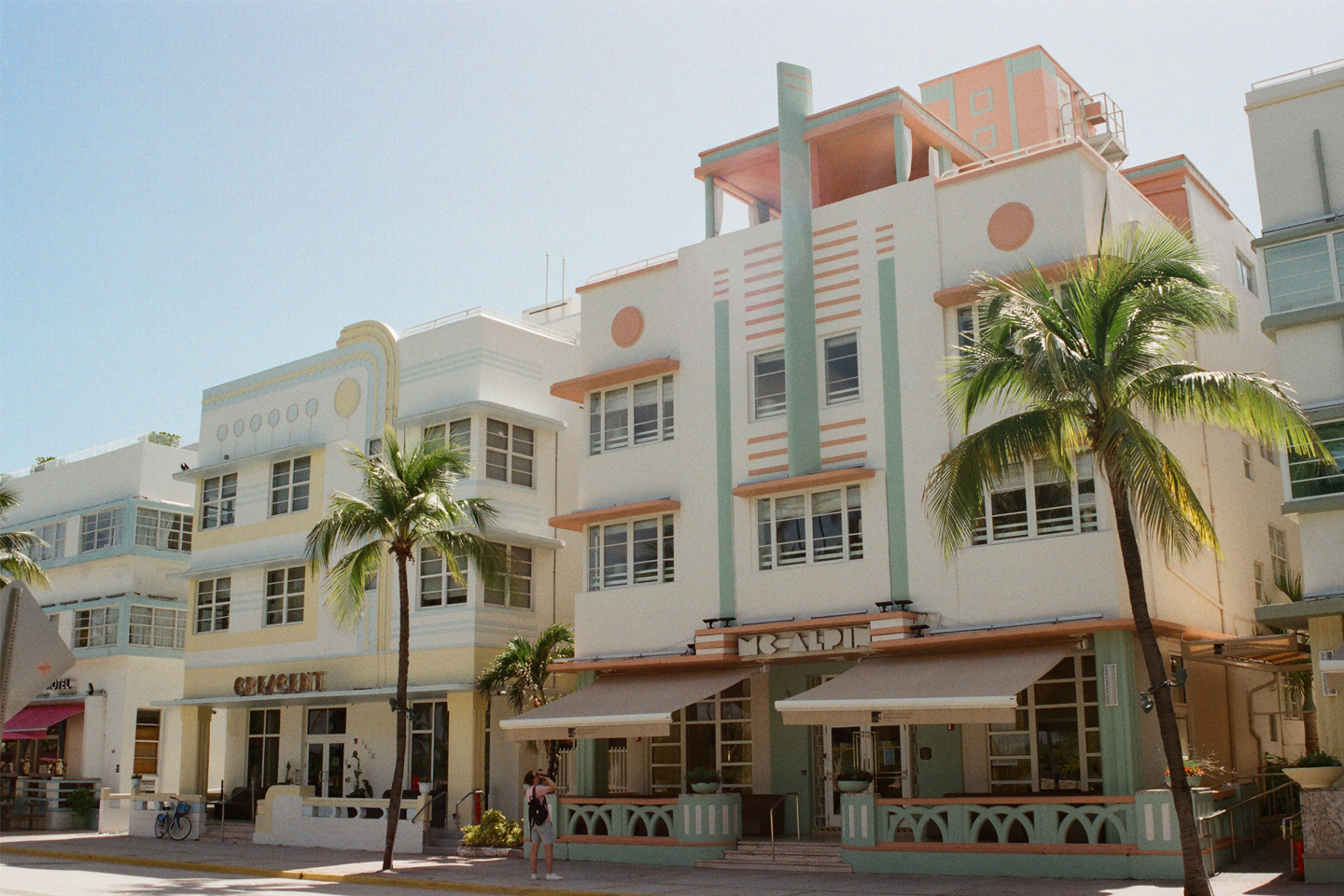
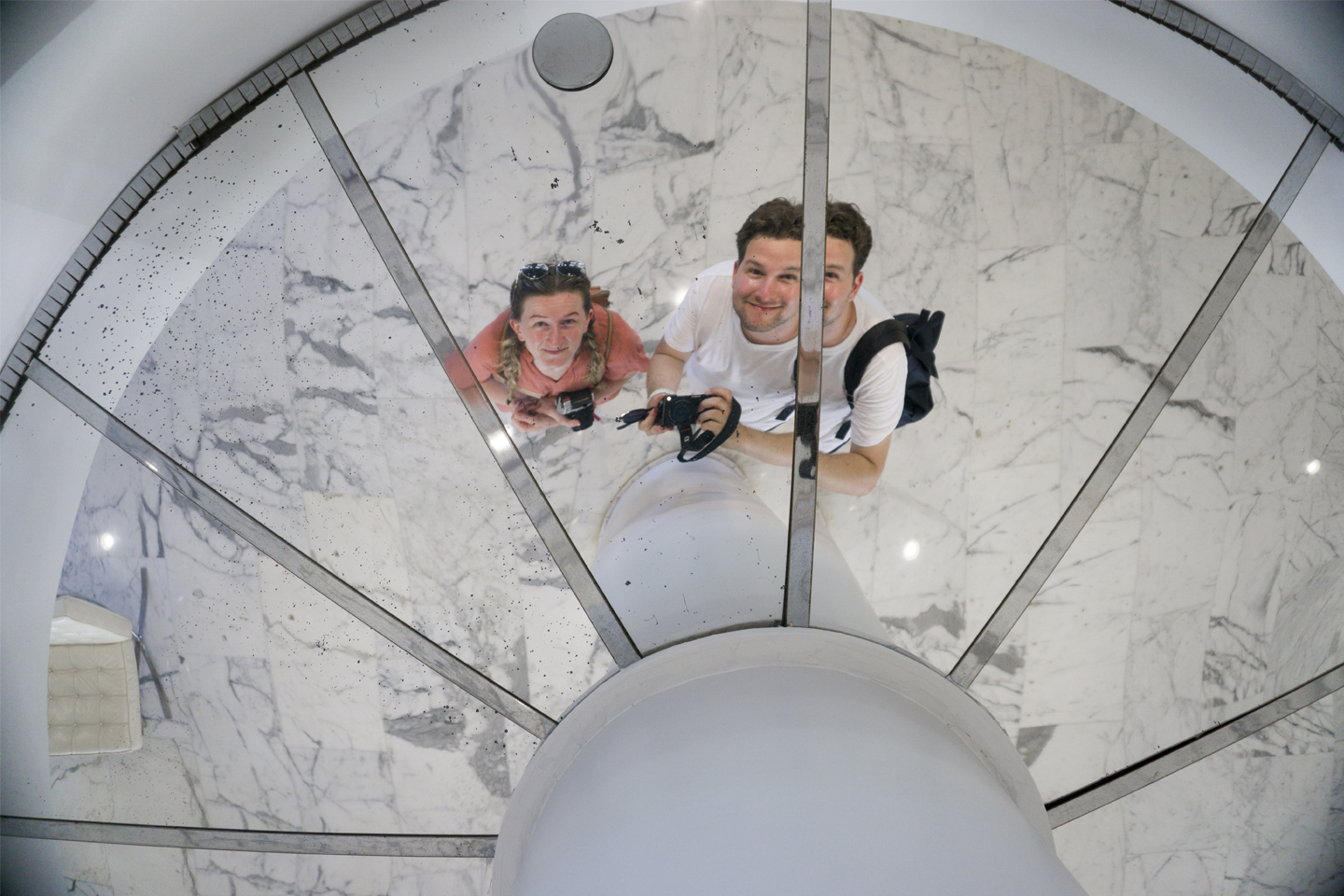
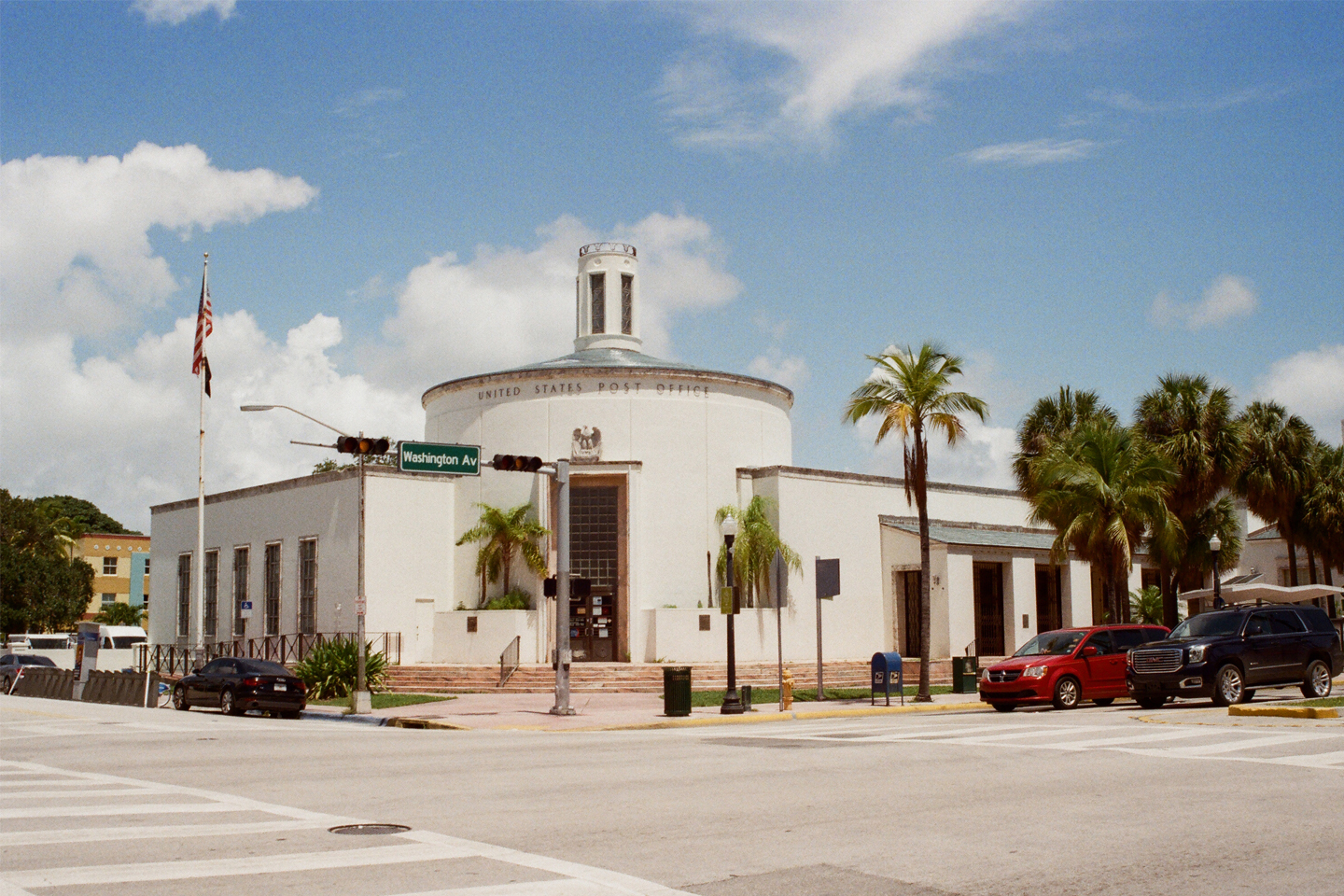
2021 Prize Recipients – Alp Demiroglu and MG Lewis
Migration to the Magic City: Early Modernisms in an Ever-Expanding Miami
Alp Demiroglu and MG Lewis traveled to Miami Beach to study art deco architecture. They documented architectural landmarks through photography and on-site sketching, and met with local historians and viewed archival collections to better understand historical influences.
2020 Prize Recipients – Amanda Iglesias and Christopher Tritt
Renaissance: Architecture and Placemaking in Central Harlem
Amanda Iglesias and Christopher Tritt studied Harlem landmarks to better understand the challenges and triumphs of Black placemaking in the United States. Their research included a week-long series of walks through Harlem focusing on three interconnected themes for the buildings: religion, culture, and people.
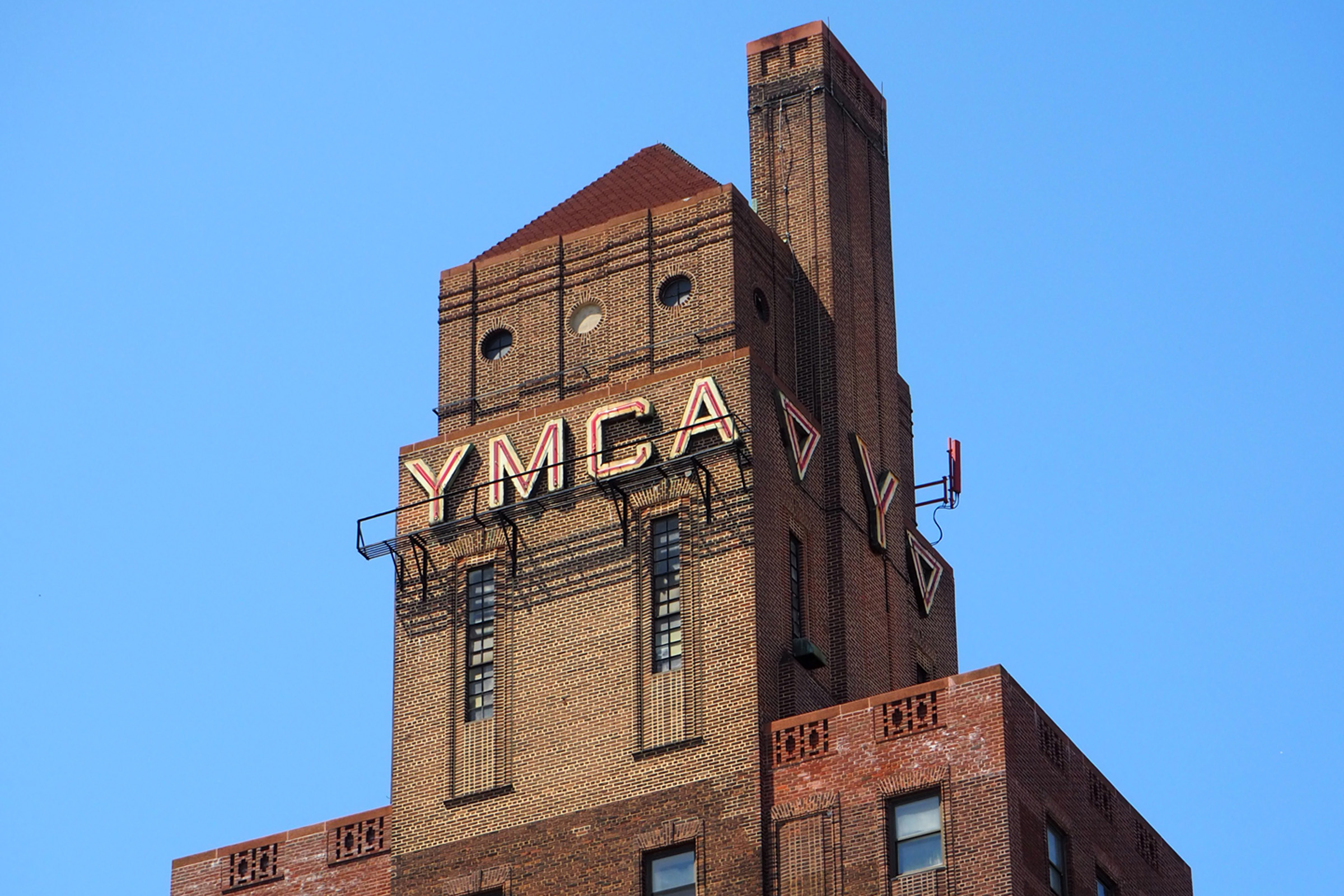
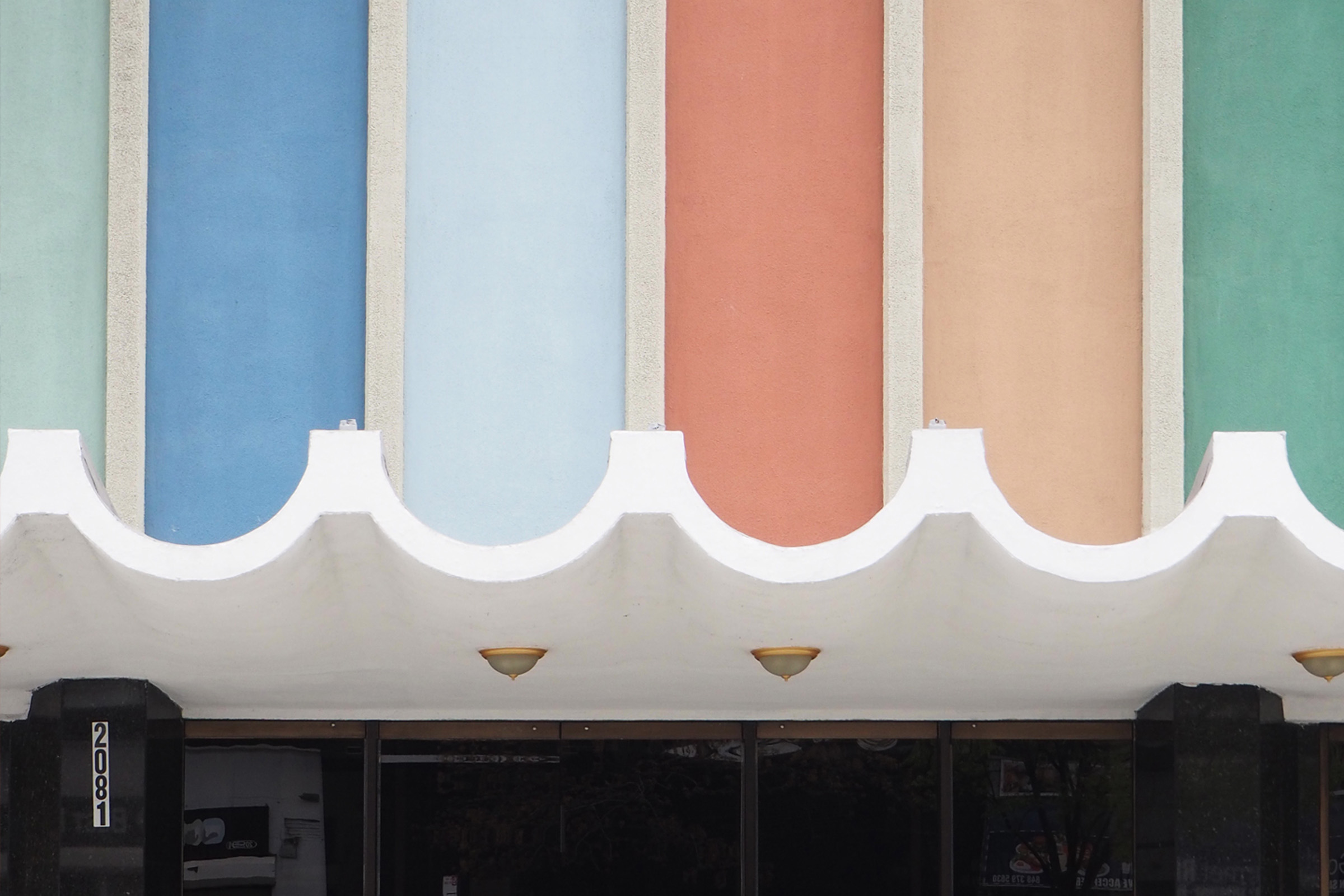
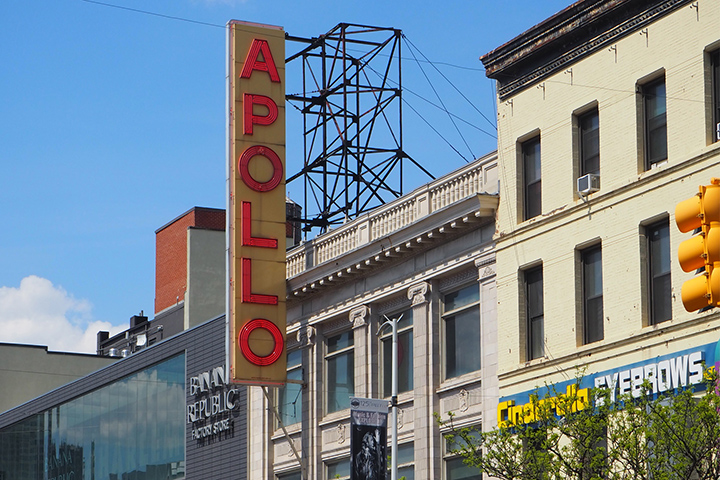
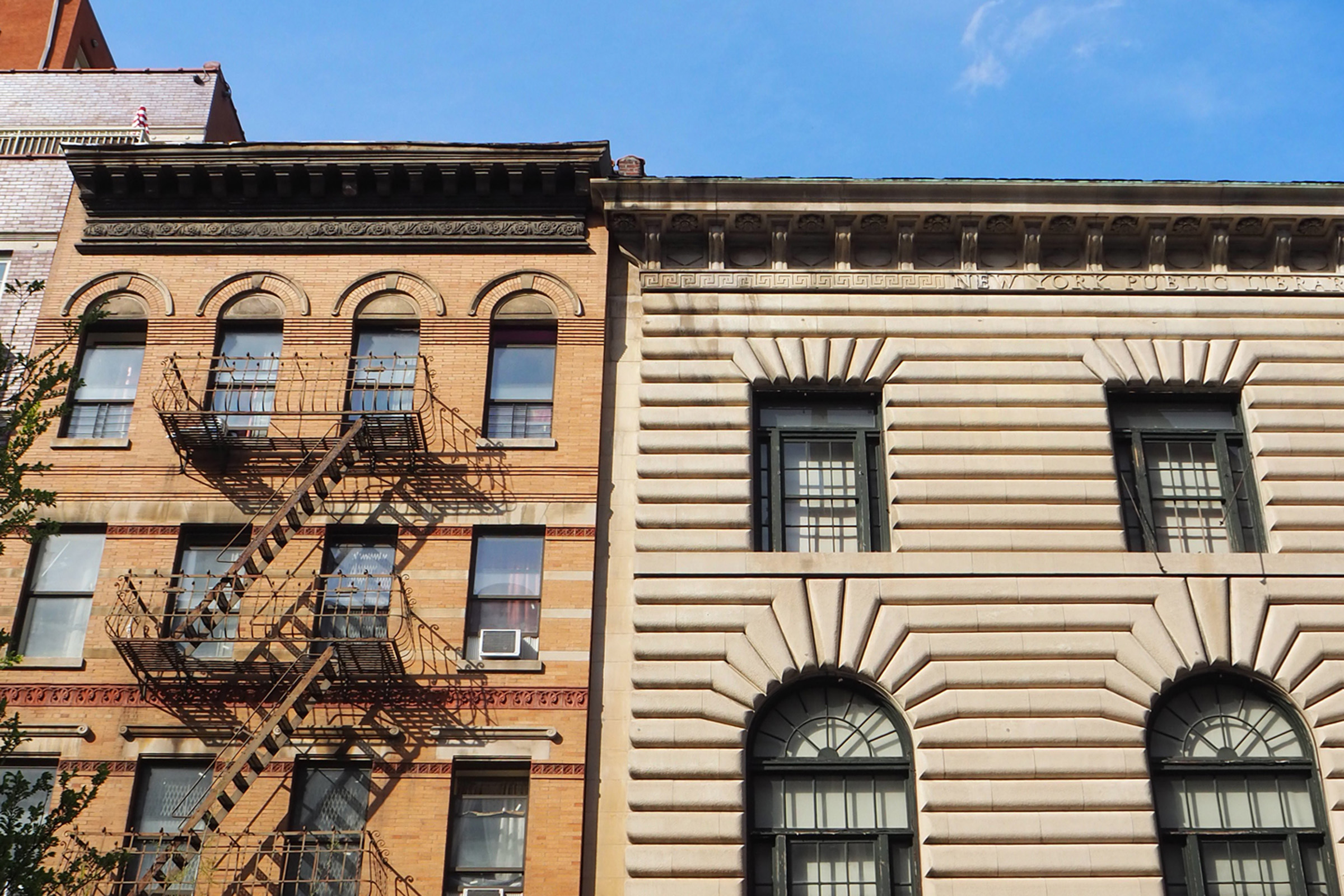
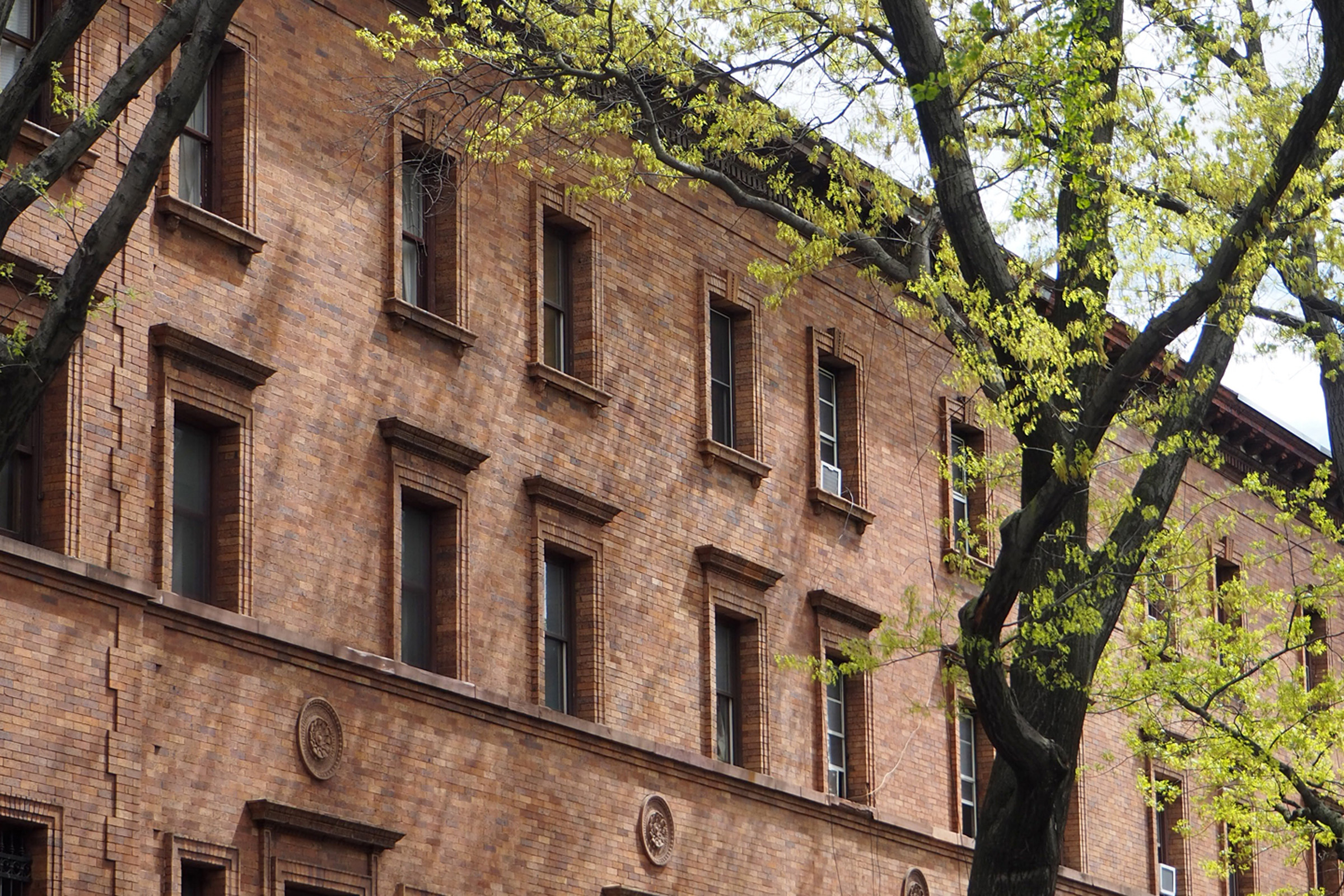
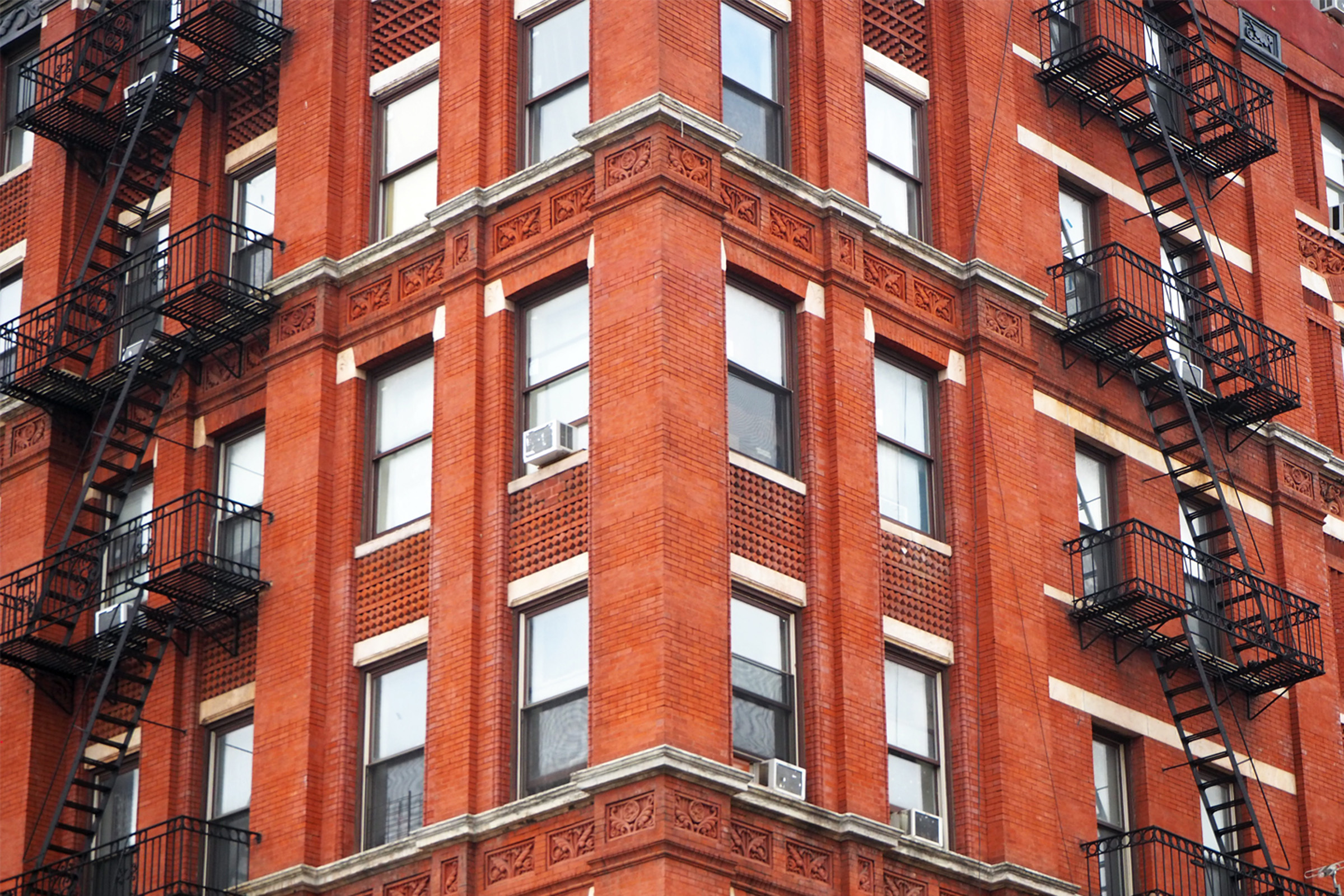
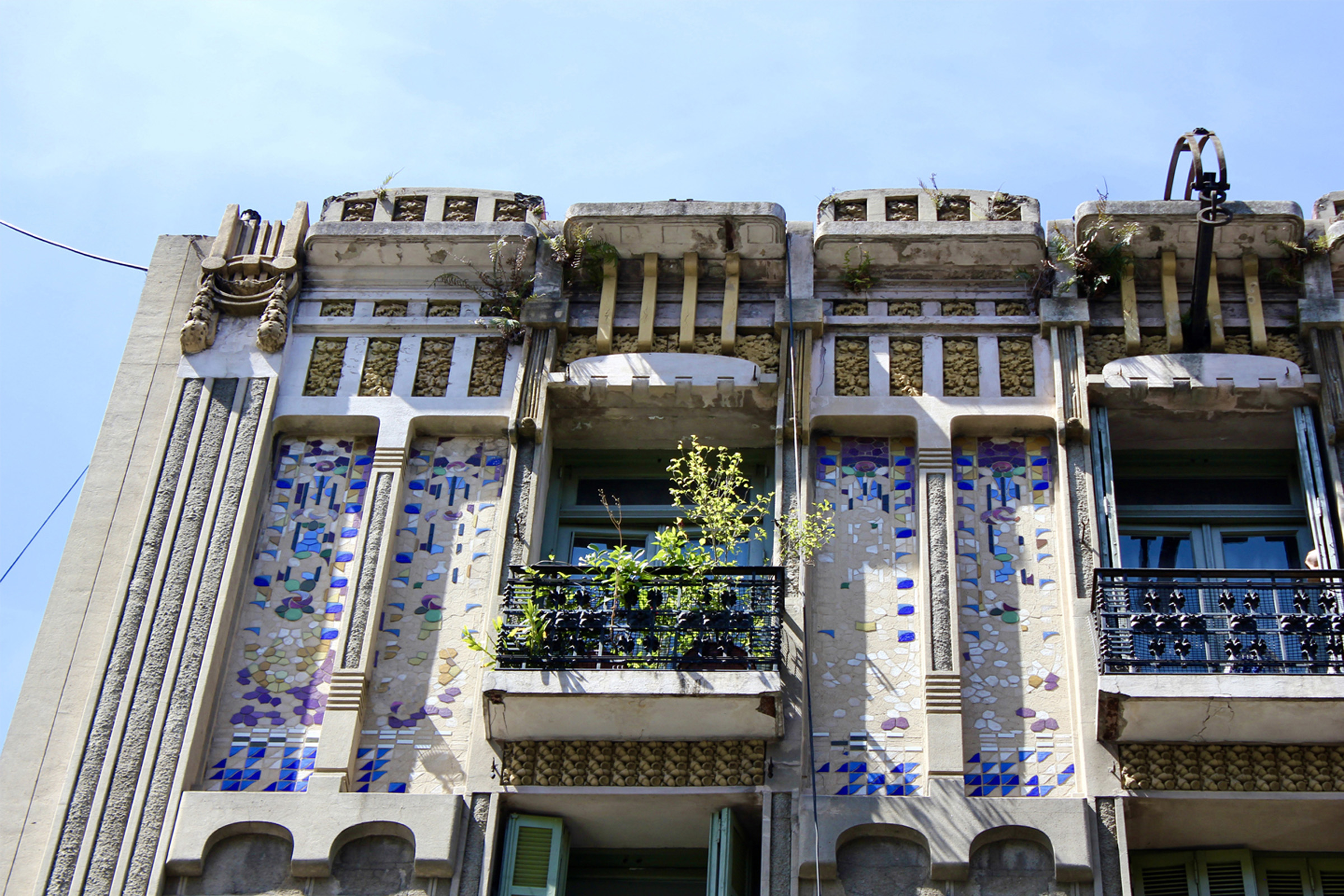
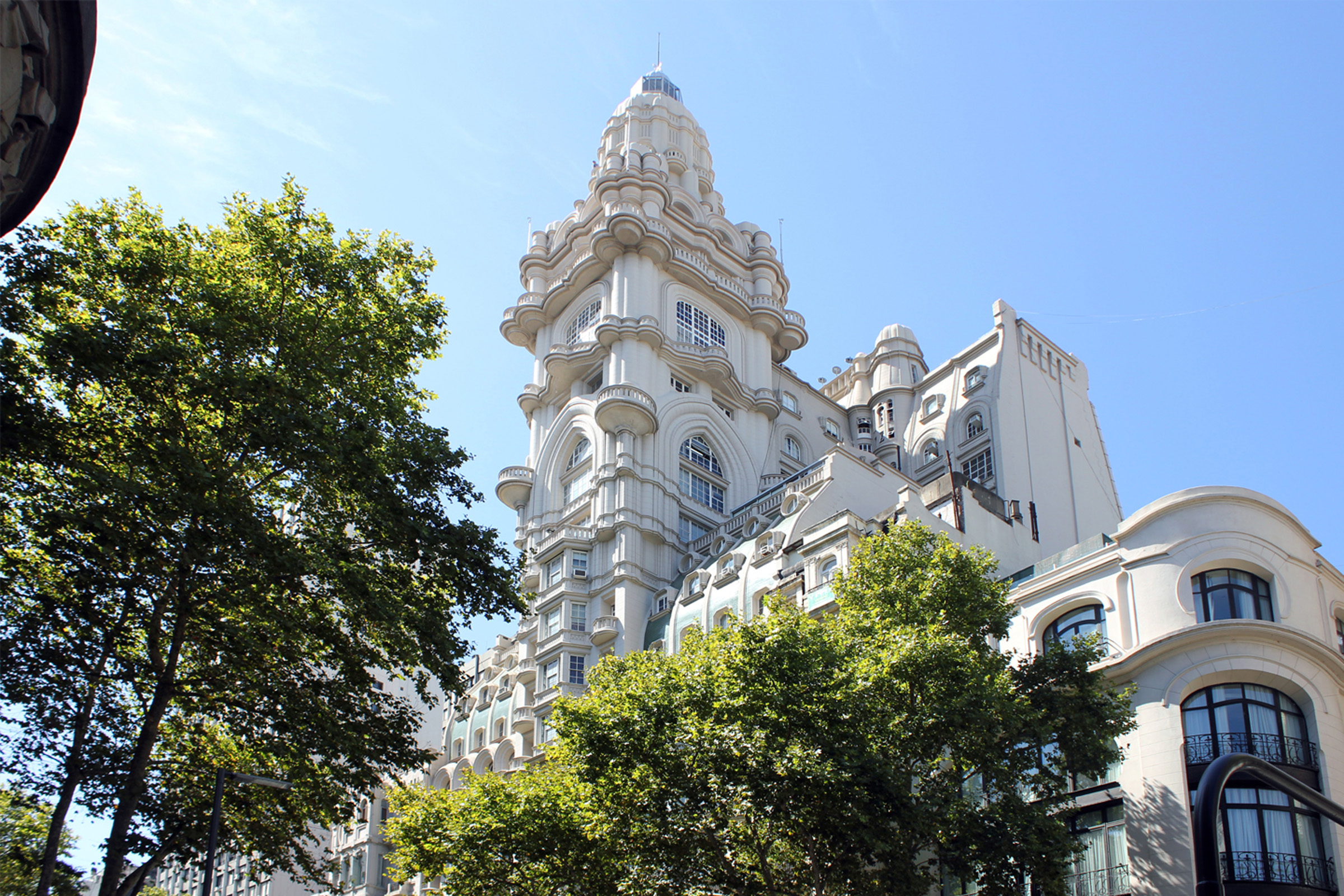
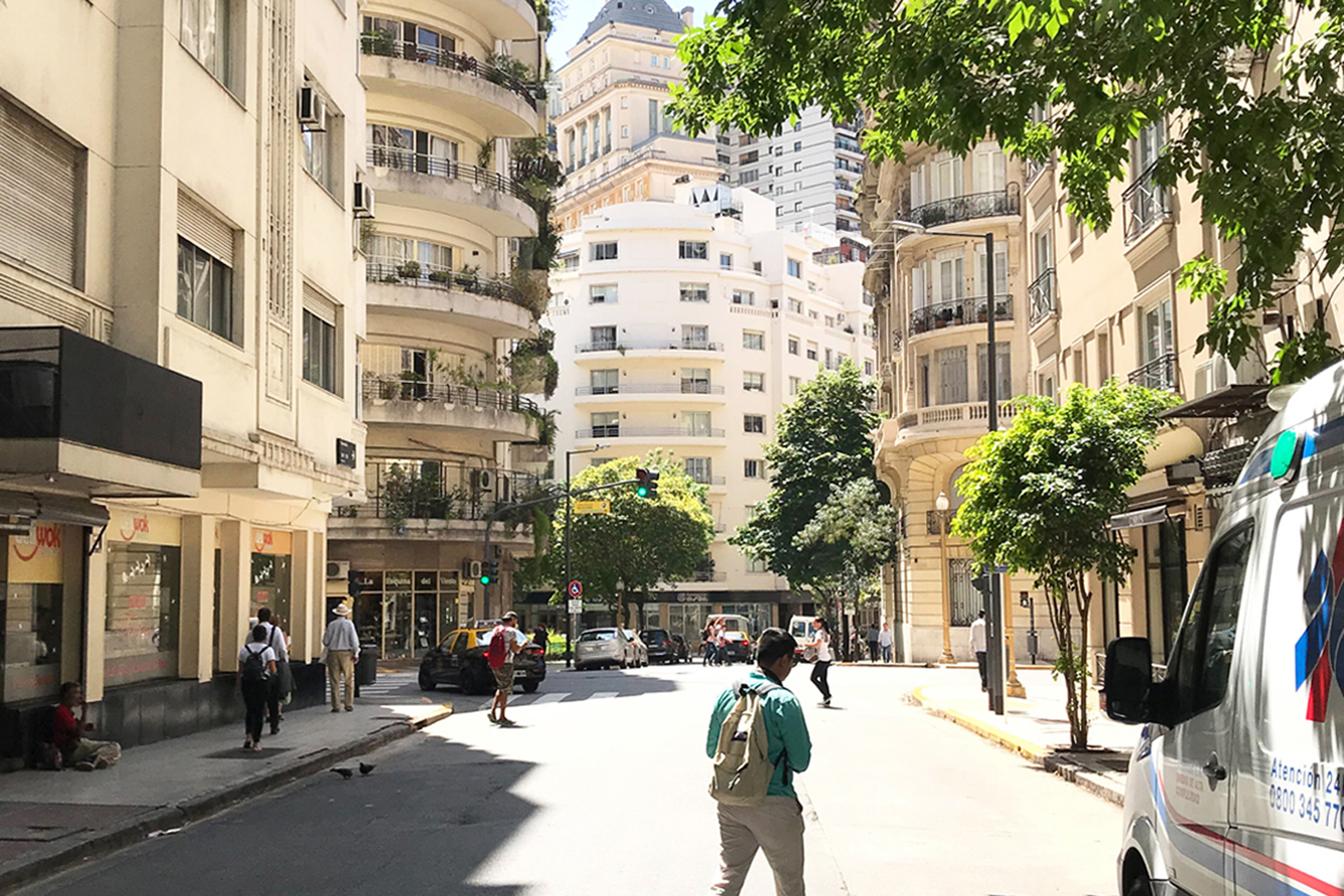
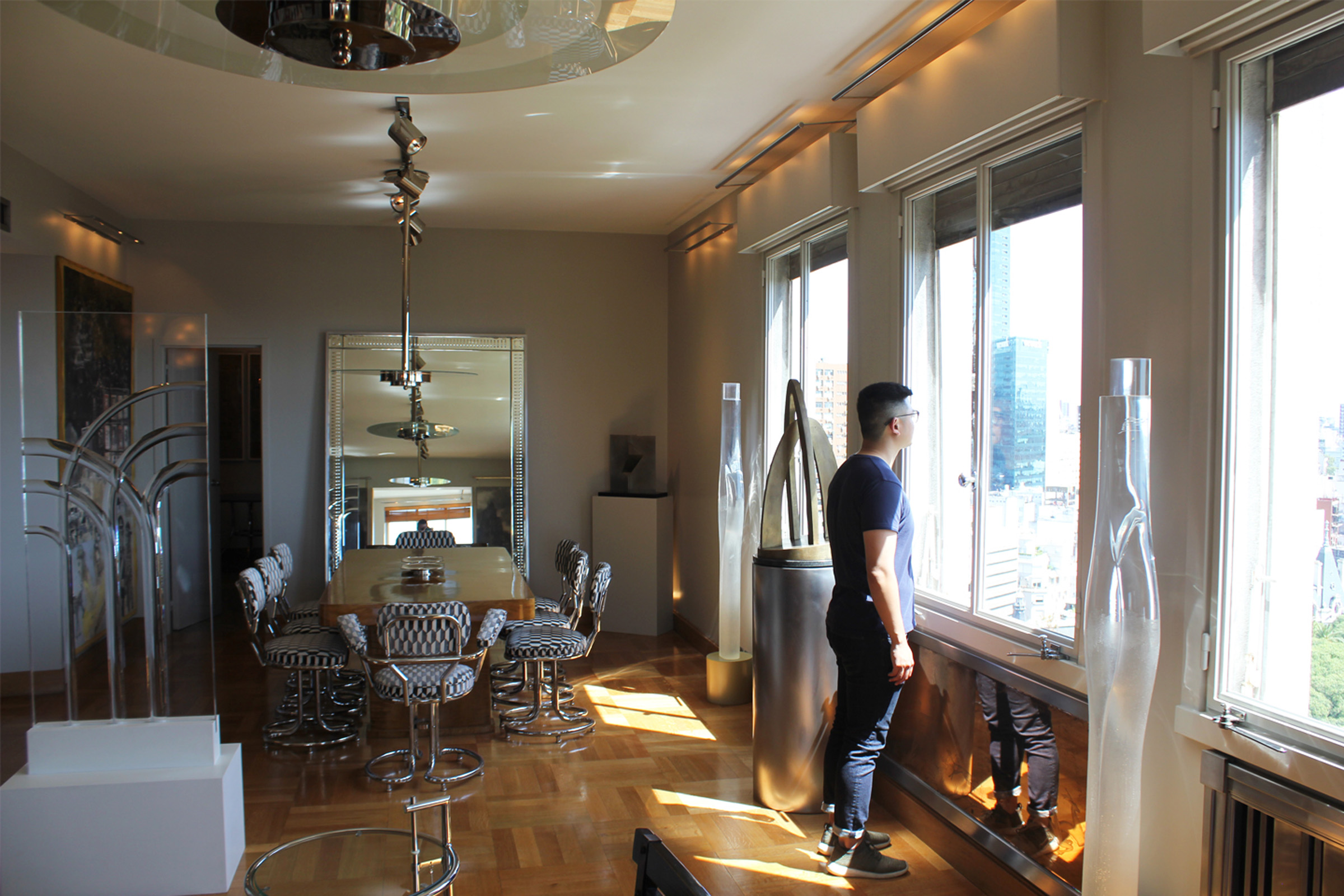
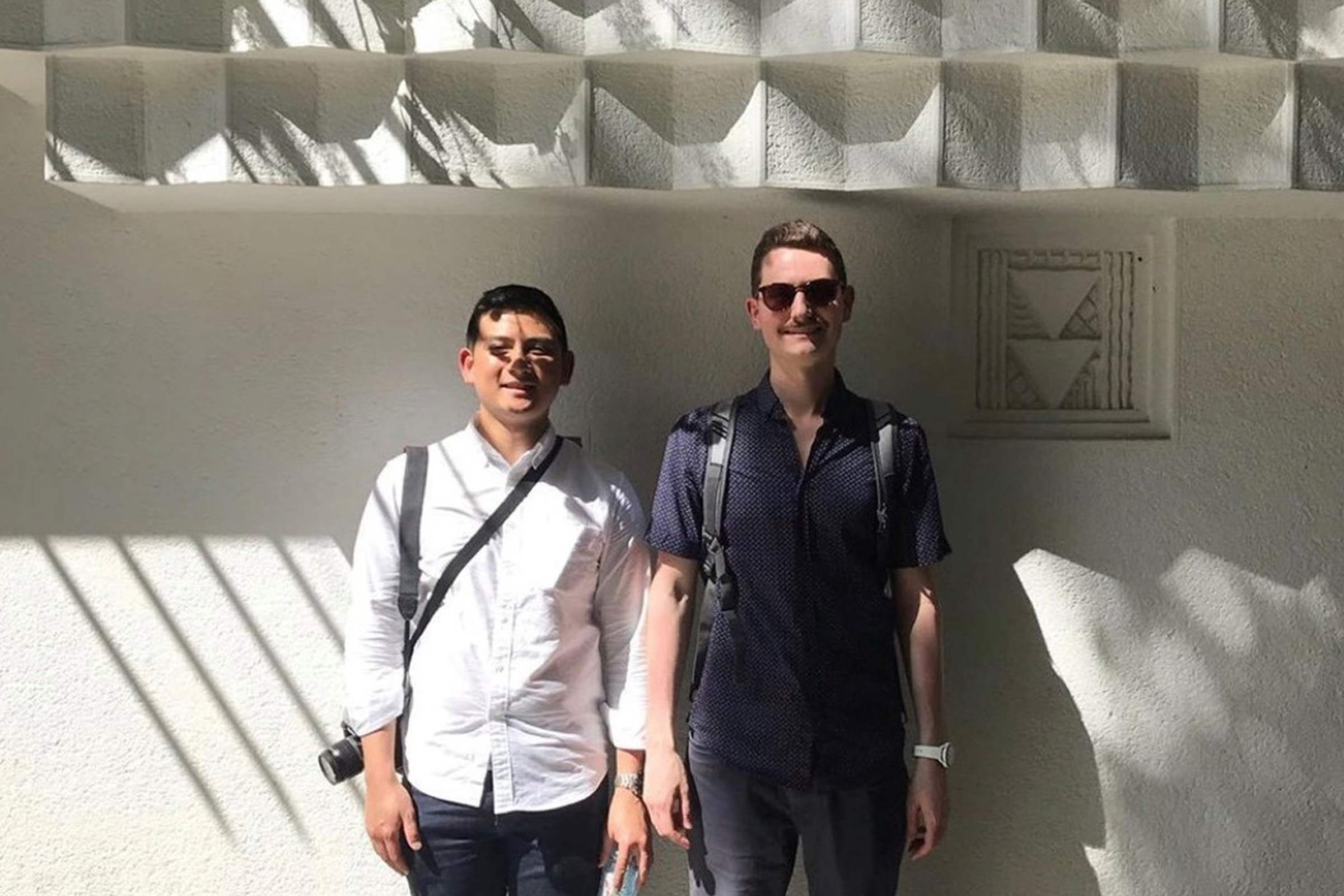
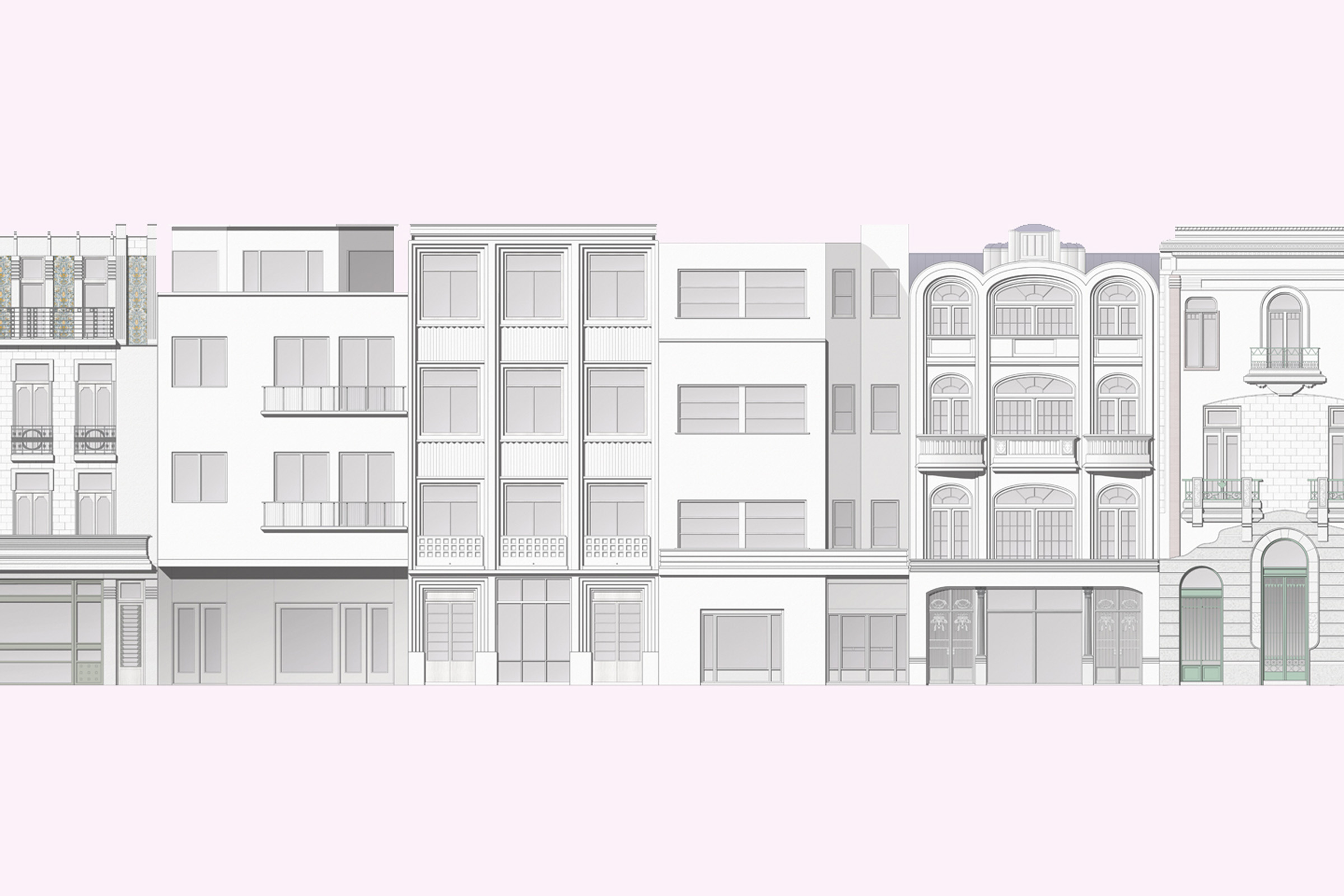
2019 Prize Recipients – Justin Lai and Ron Ostezan
Argentina Between the Wars: Housing as Style, Not Typology
Justin Lai and Ron Ostezan traveled to the Argentine cities of Buenos Aires, Rosario, and Mar del Plata to study the architectural styles of residential buildings completed between 1920 and 1940.
2019 Prize Recipients – Brenna Decker and Caitlin B. Getman
Governed by Hierarchy: Japan’s Samurai Districts
Brenna Decker and Caitlin B. Getman traveled throughout southern Japan to catalogue and analyze six preserved samurai districts.

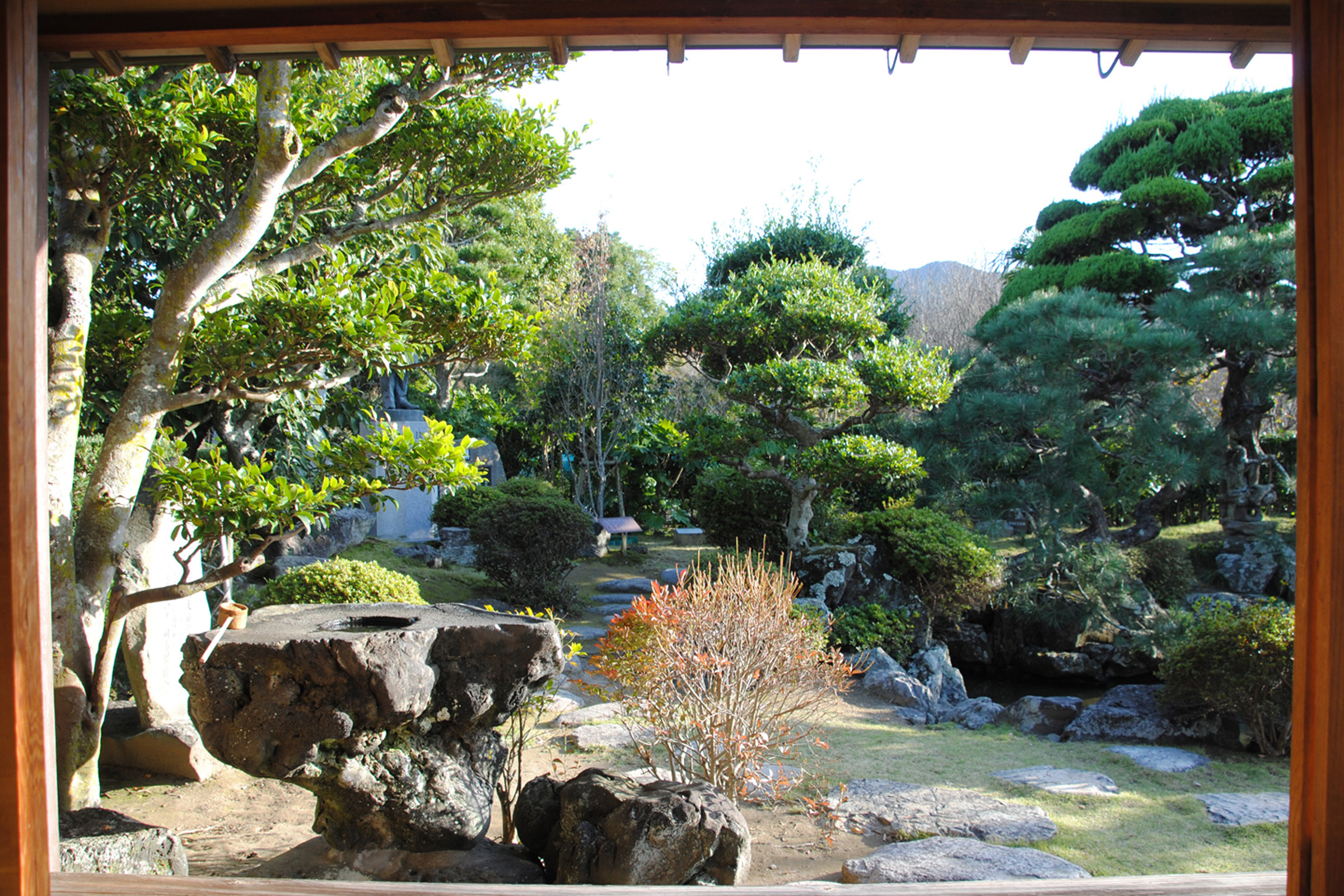
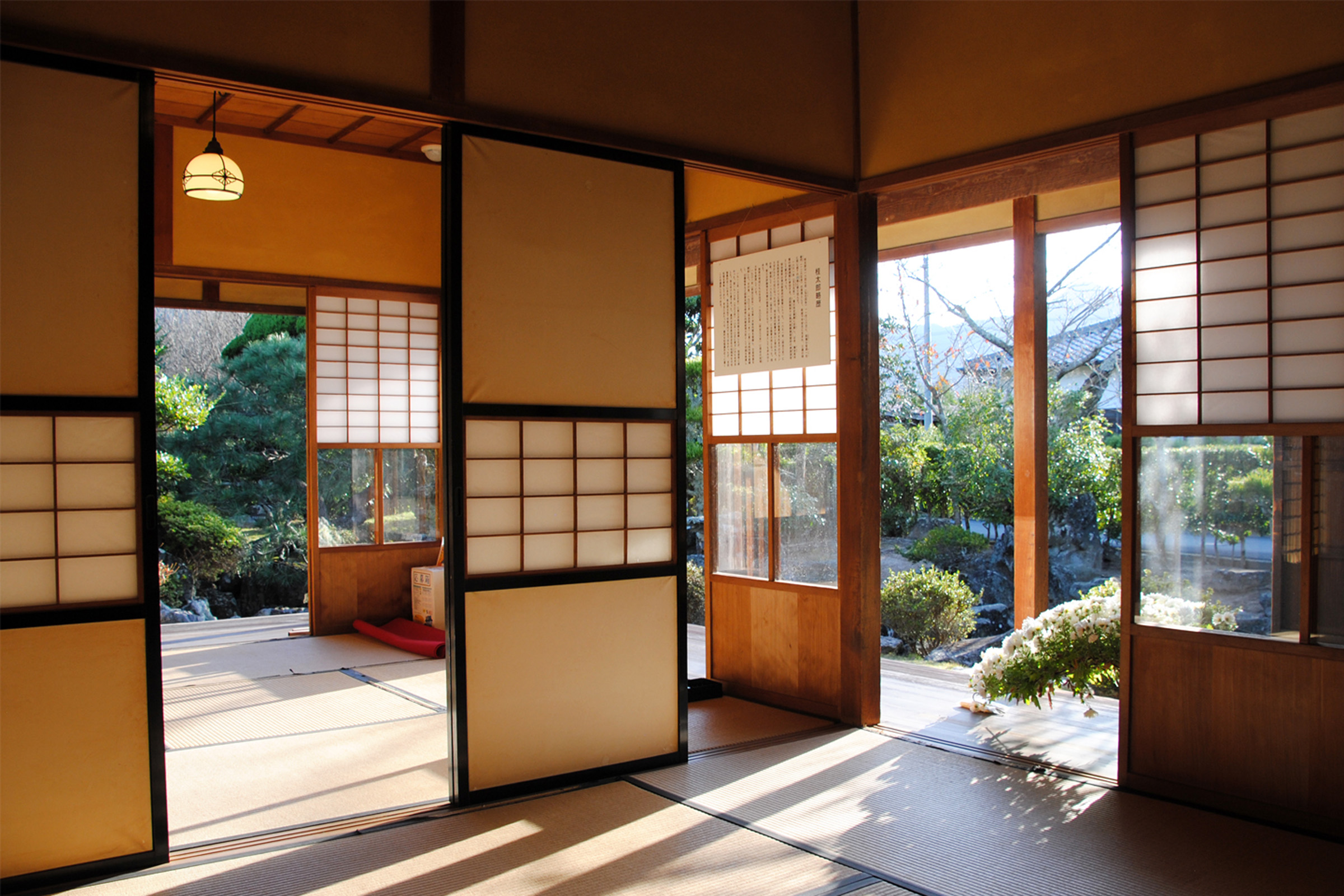
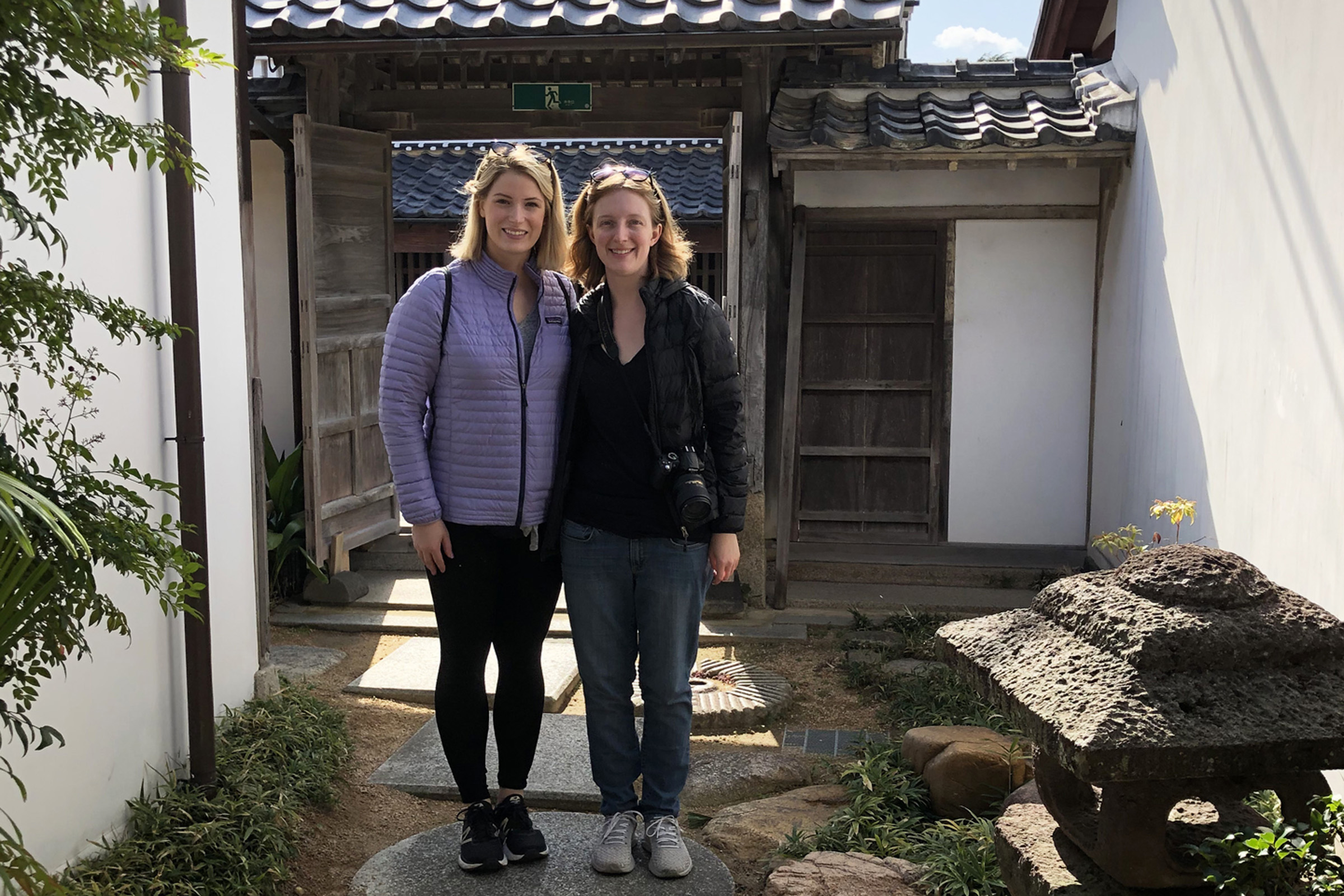
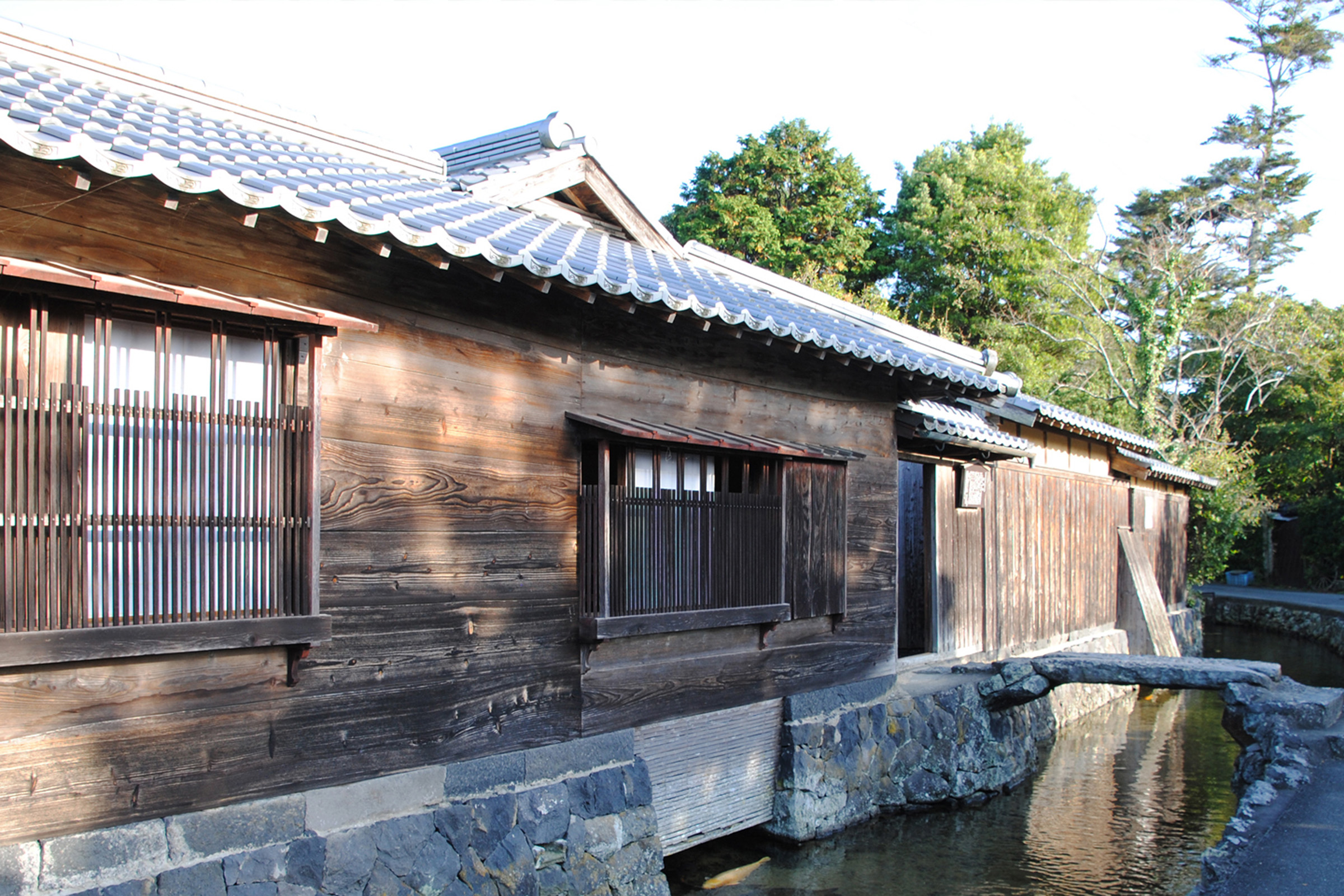
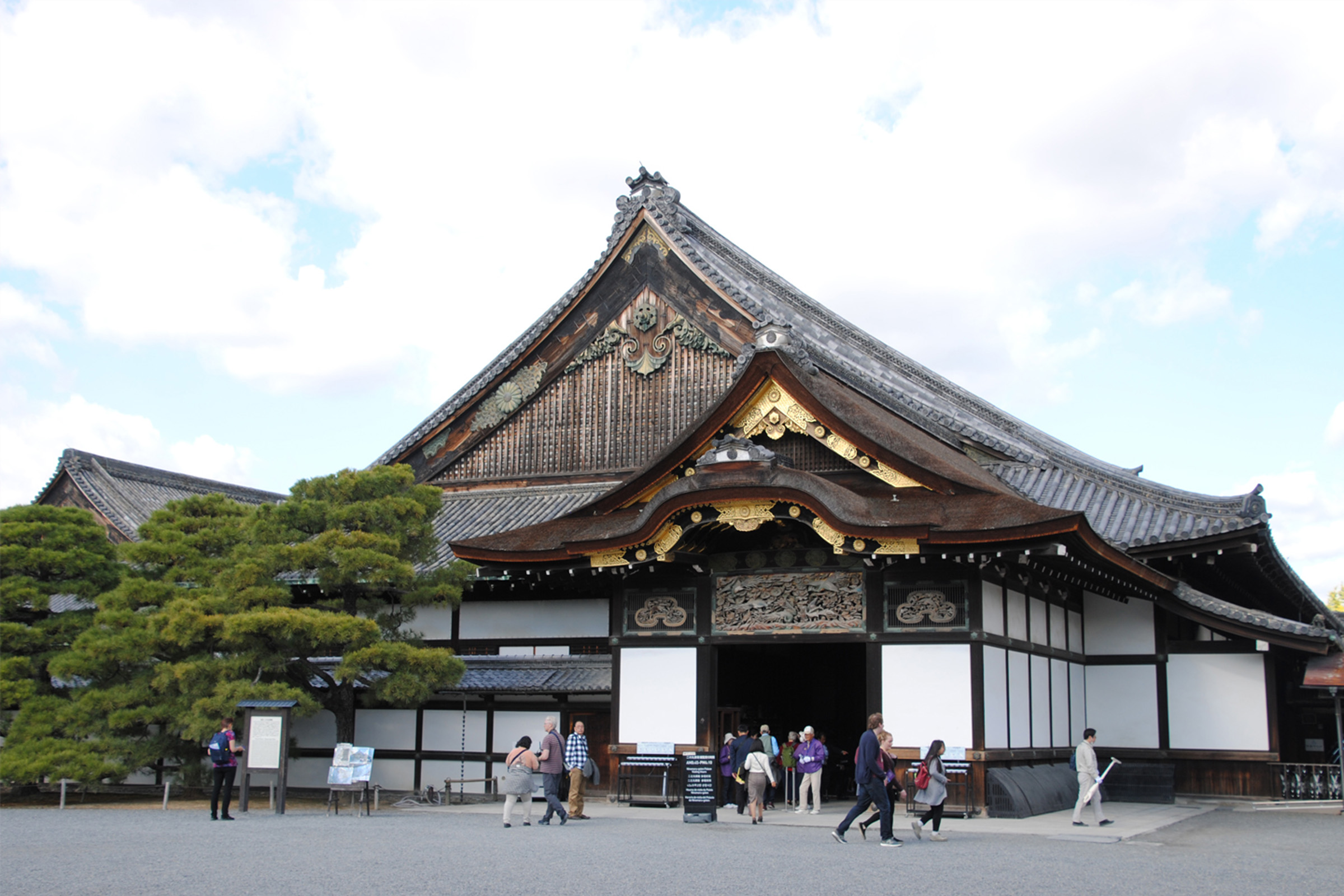
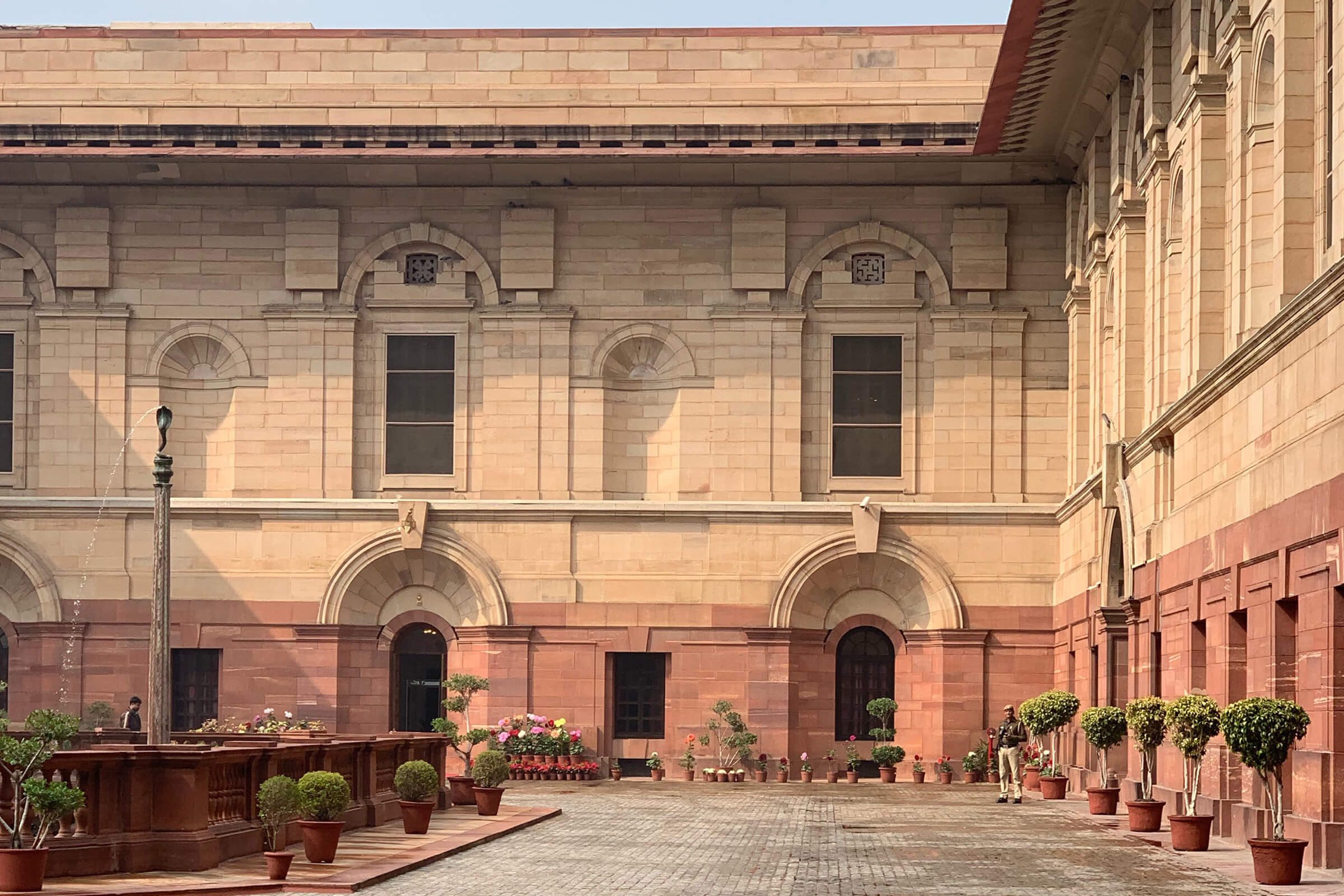
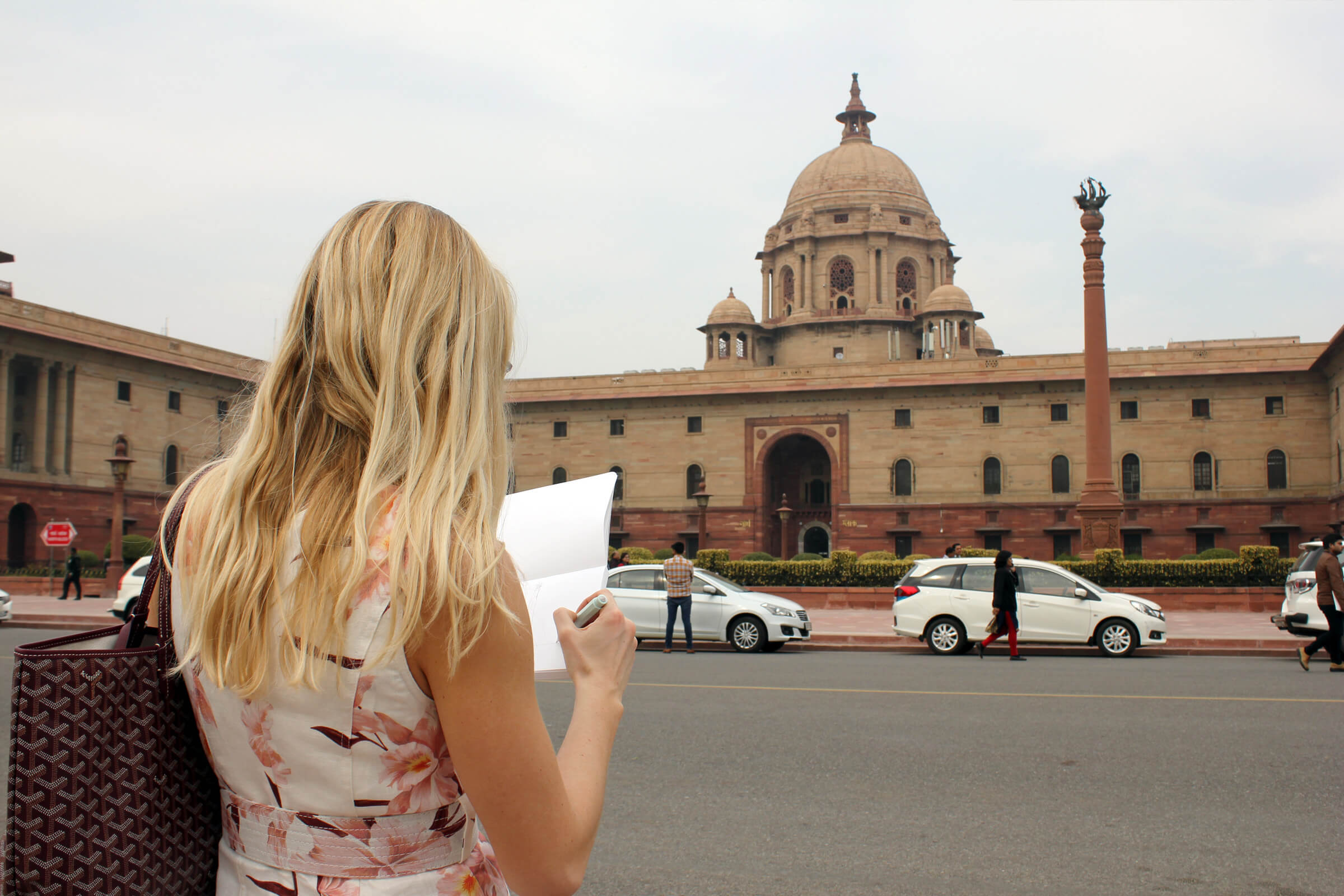
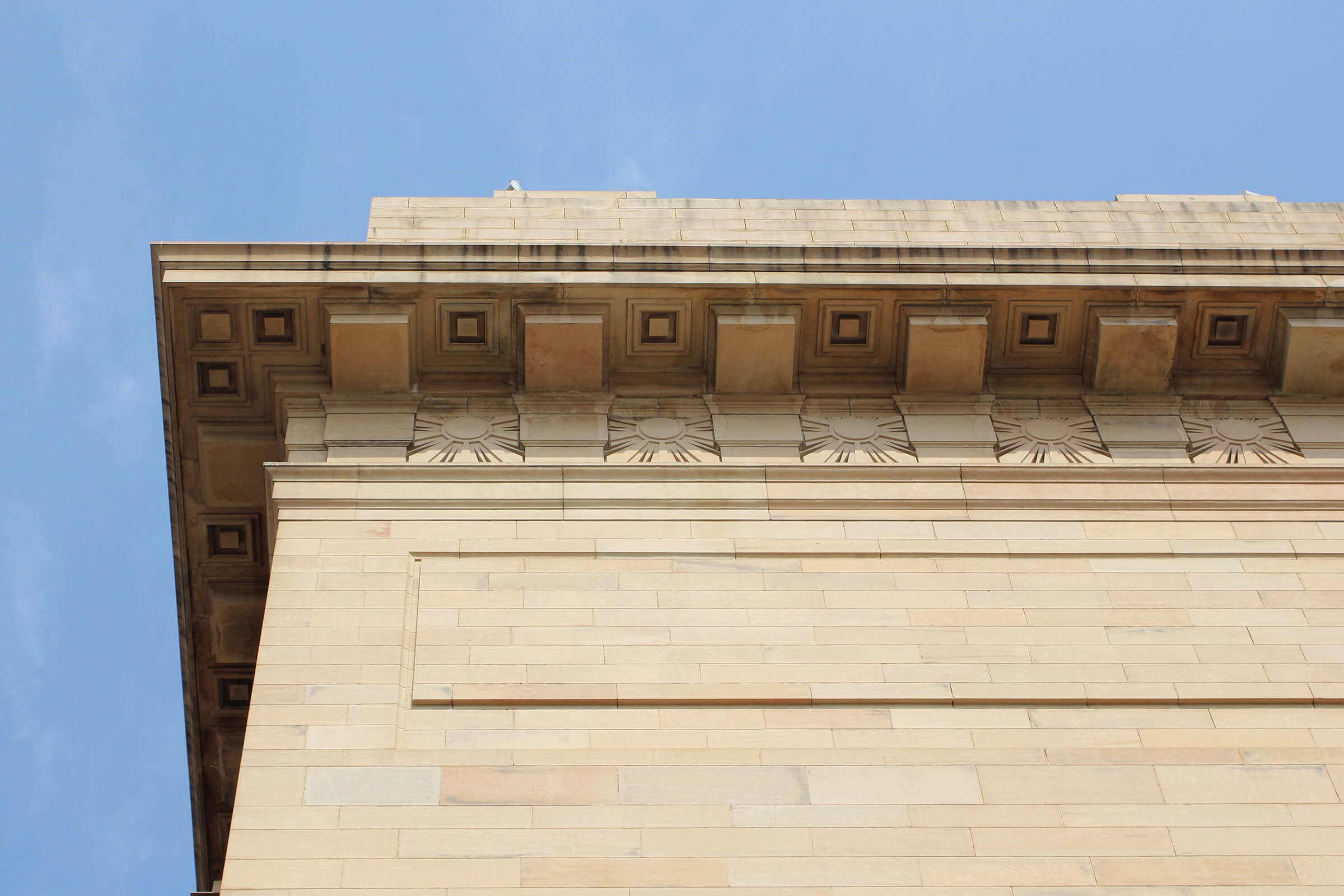
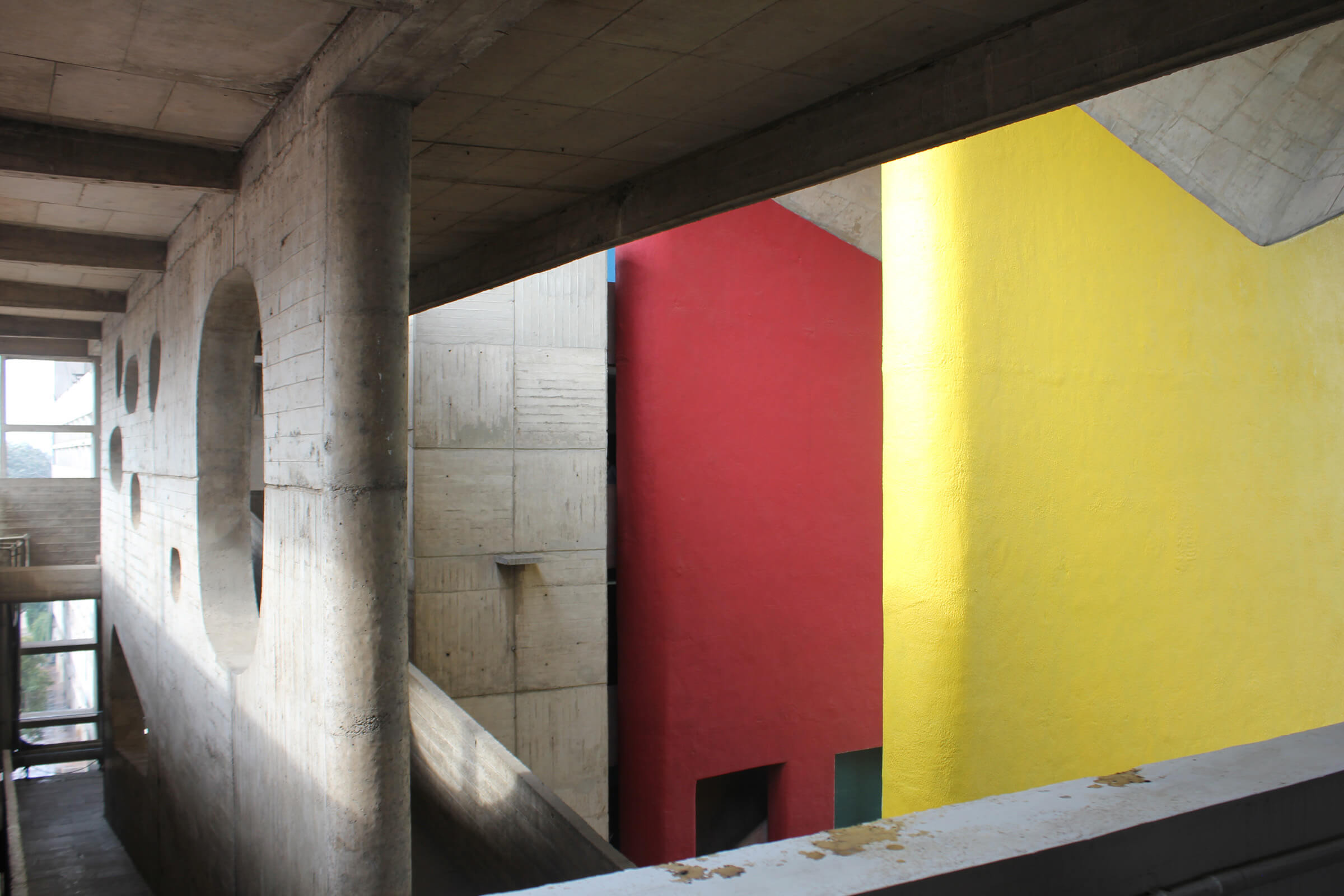
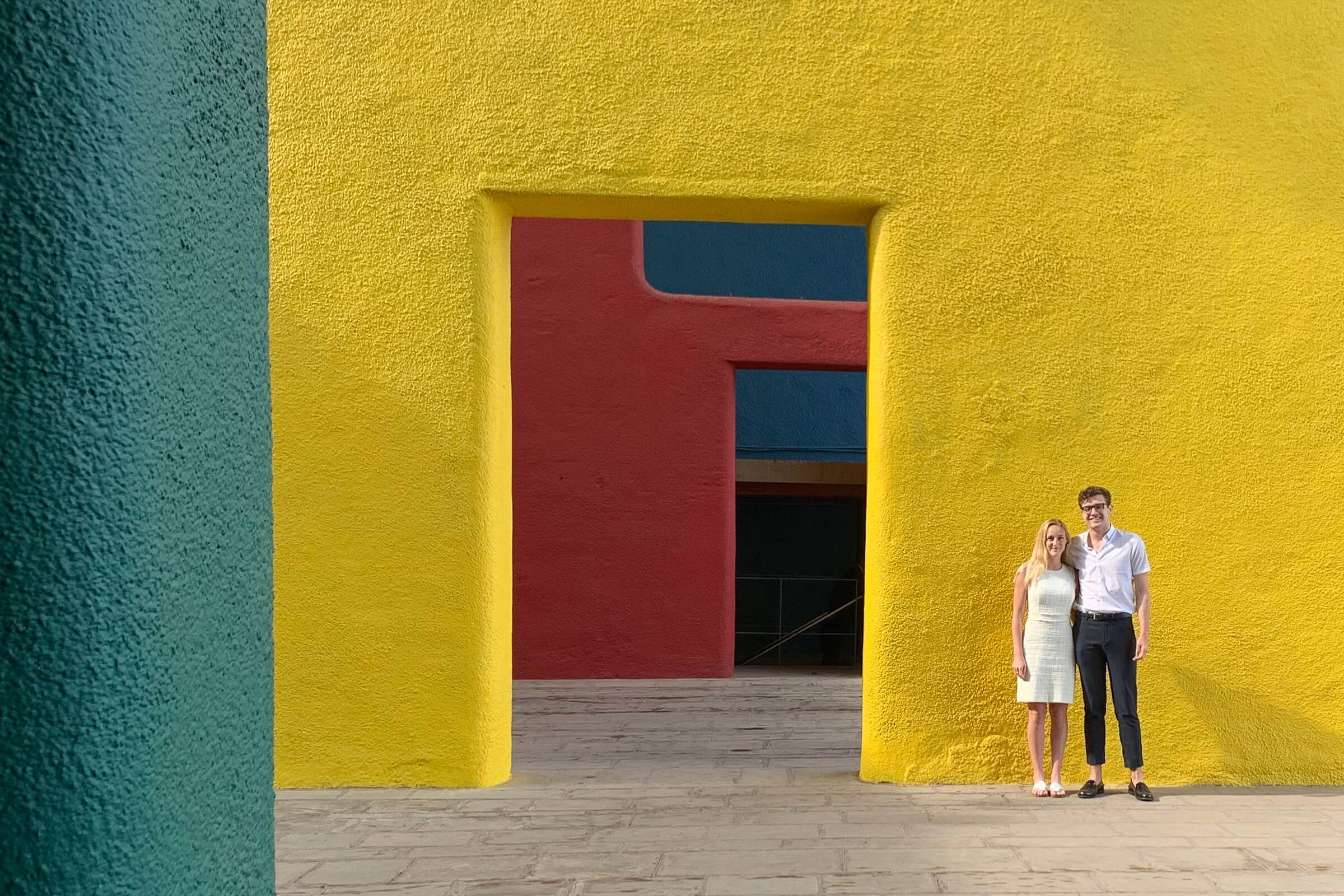
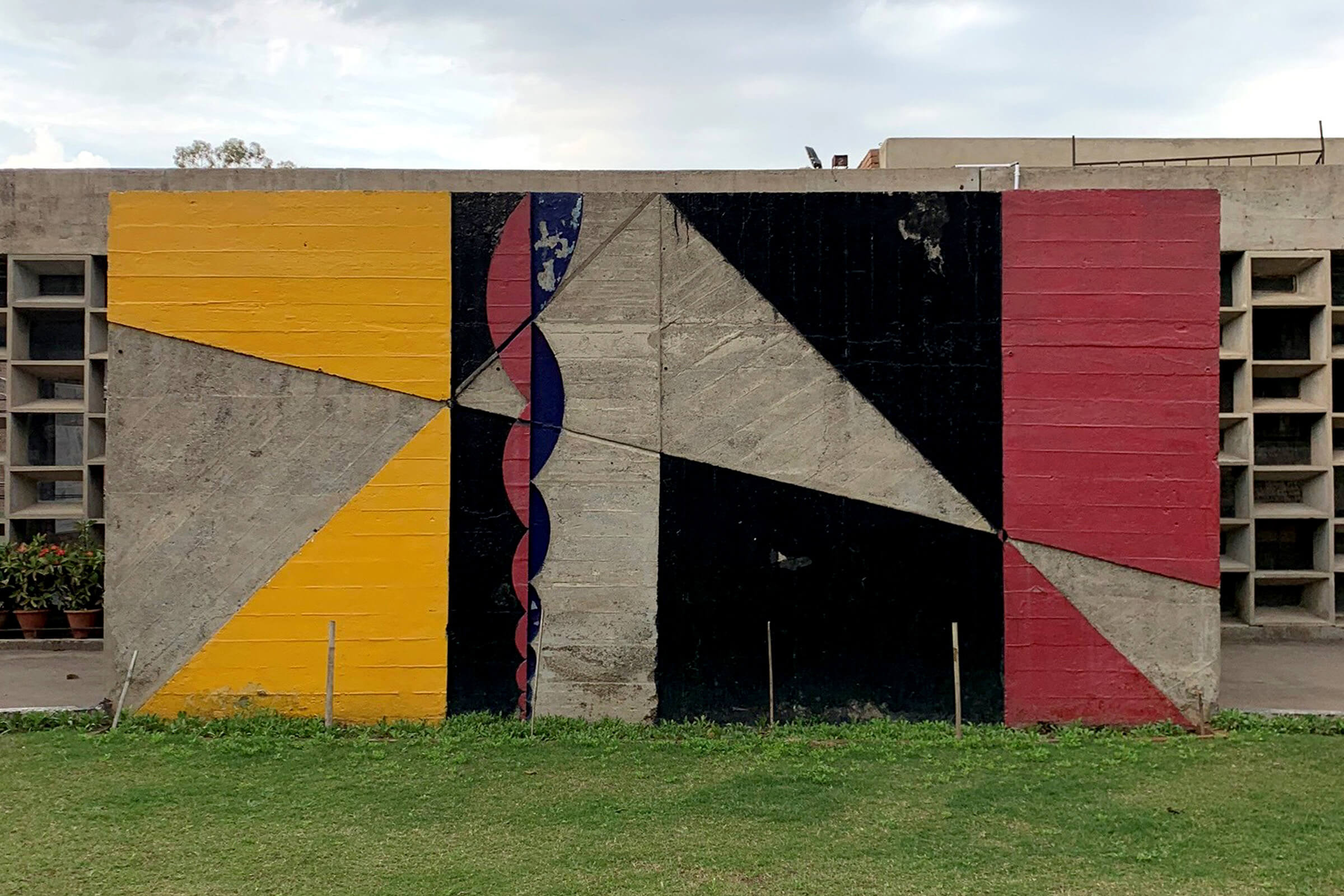
2018 Prize Recipients – Kristen Gates and Thomas Nye
Harmony of the Whole: Cities Beautiful in 20th Century India
Kristen Gates and Thomas Nye’s research focused on Sir Edwin Lutyens’s early 20th-century work for Imperial New Delhi and Le Corbusier’s mid-20th-century designs for Chandigarh—two chronologically and geographically adjacent examples of an architect developing the master plan for a new city and designing everything from public and institutional buildings, monuments, residences, down to the scale of furniture.
2017 Prize Recipients – Robert Cannavino and Mark Santrach
“Just” Housing: Dutch Social Housing from 1915–1930
Robert Cannavino and Mark Santrach’s research focused on early-20th-century social housing in Amsterdam that originated from the National Housing Act of 1902. The completion of entire neighborhoods during a small window of time between the First and Second World Wars aimed to combat the increasing overpopulation and deterioration of the city, and would promote the planning, funding, and standardization of Dutch housing for decades. “The Dutch created rich urban fabrics with just social housing,” wrote Cannavino and Santrach. “Despite lacking grand civic buildings and the benefit of incremental growth, the new neighborhoods espoused a clear hierarchy of forms, a rich network of public spaces, and a degree of picturesque monumentality.”
2016 Prize Recipients – Robert Moldafsky and Javier Perez
Understanding Regionalism: The Creation of Place in the Spanish Colonies
Robert Moldafsky and Javier Perez traveled to cities in central Mexico and port cities in the Caribbean and Central America to study Spanish Colonial architecture. Each location was selected for its unique climate, local materials, and regional differences. Moldafsky and Perez studied “how these sets of stimuli created new variations in Spanish architectural character across New Spain.”
